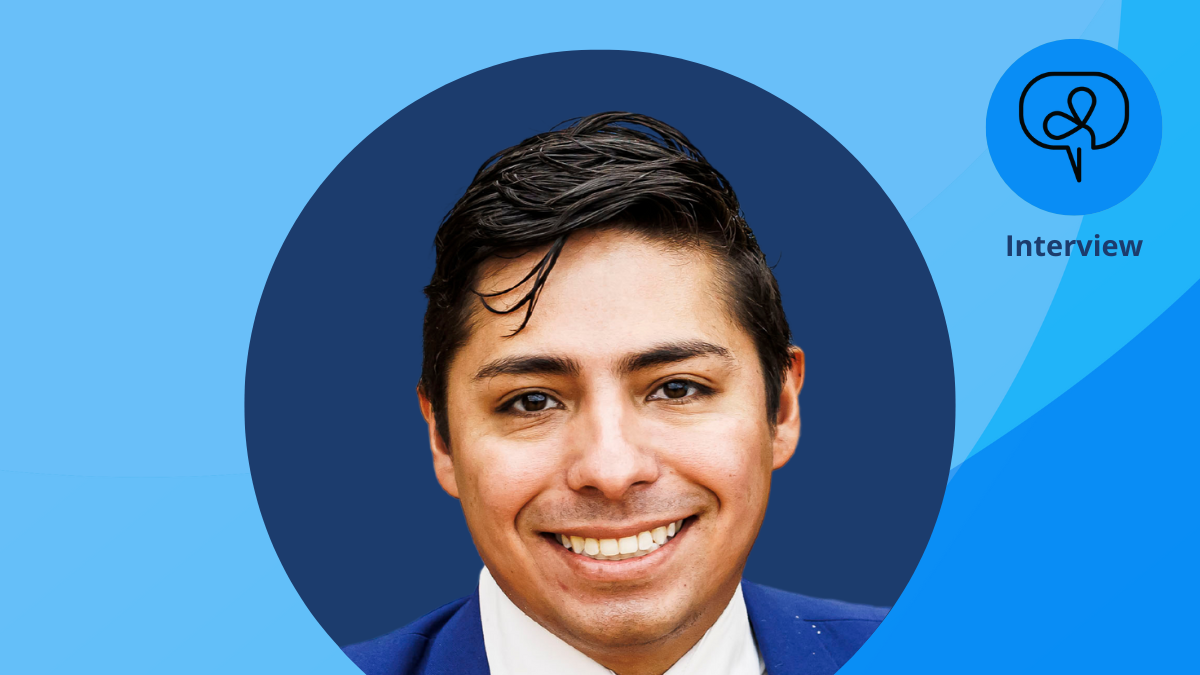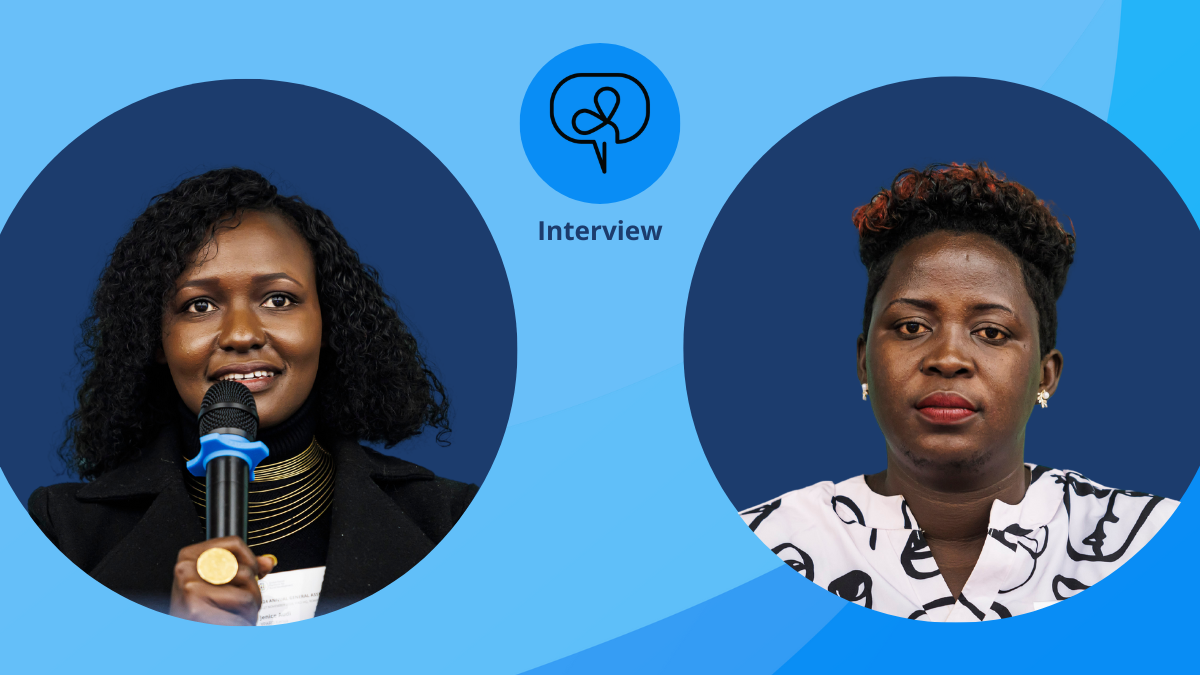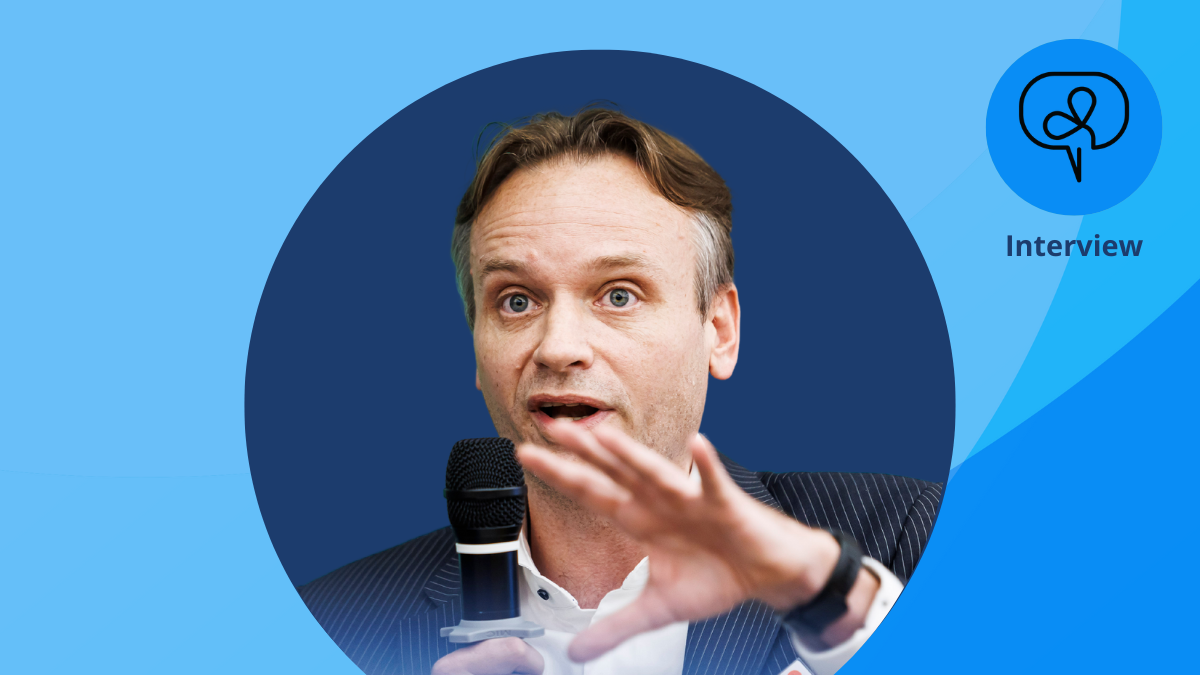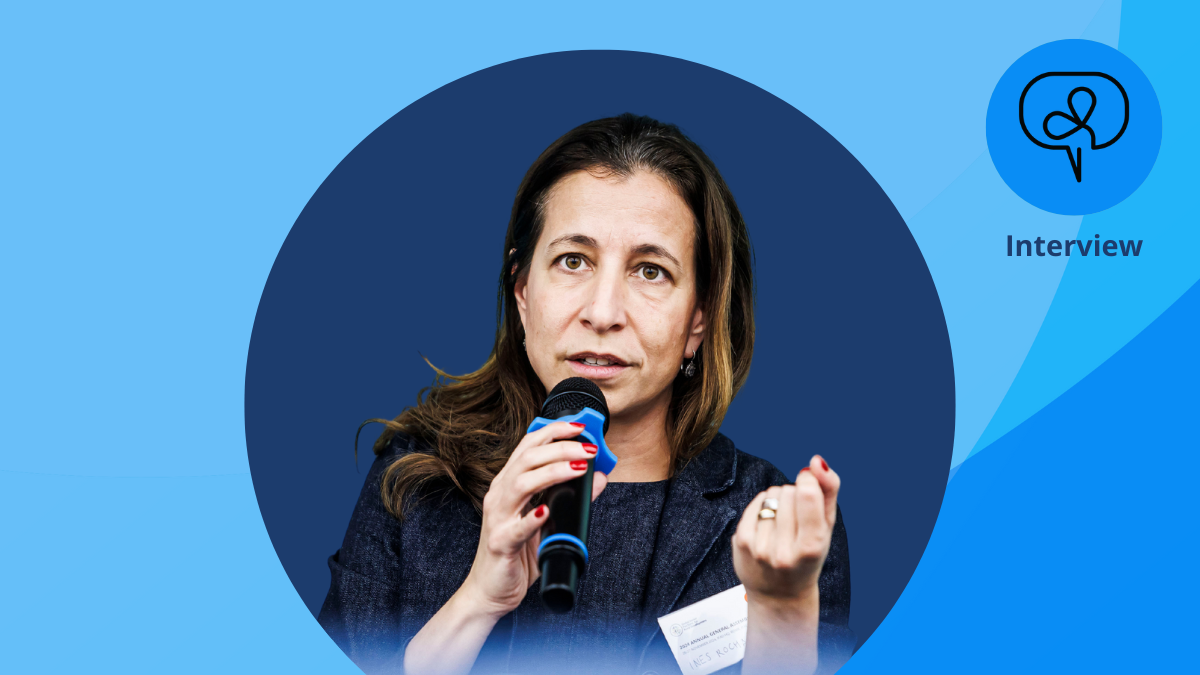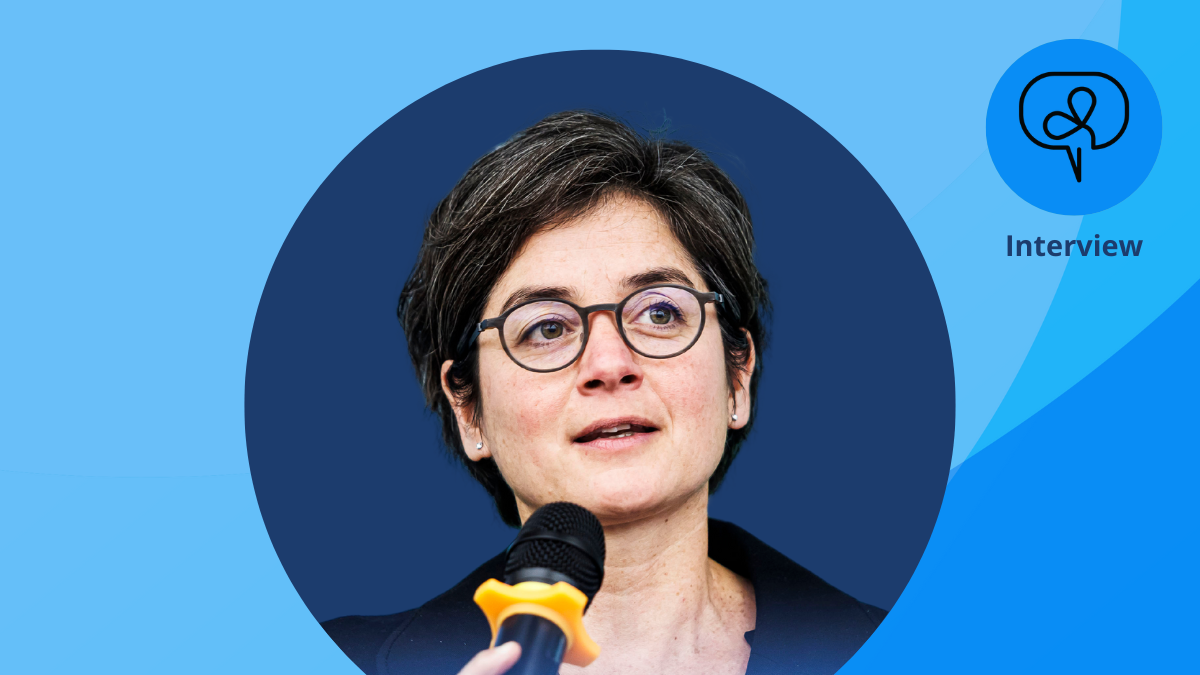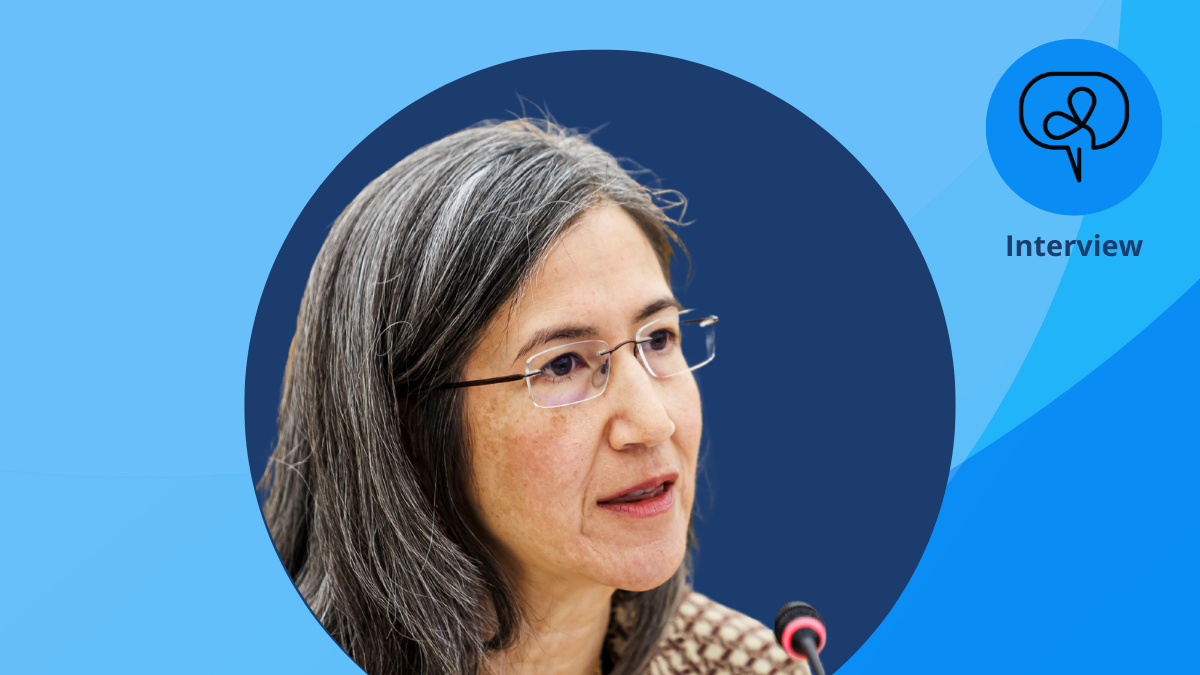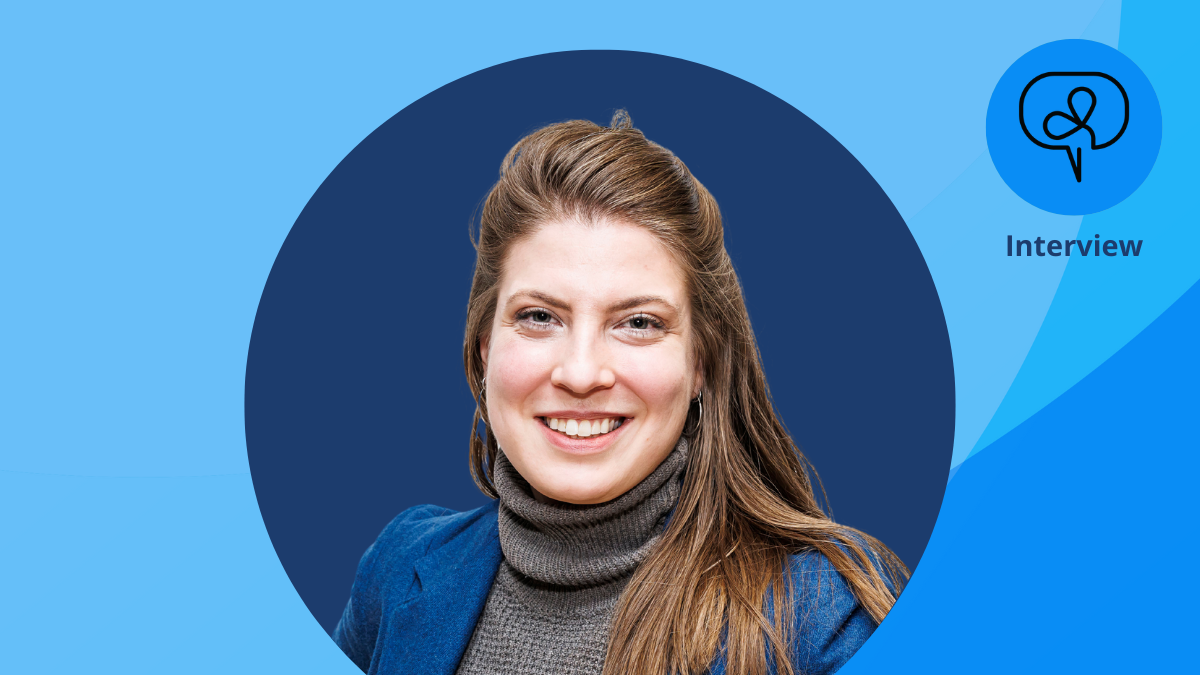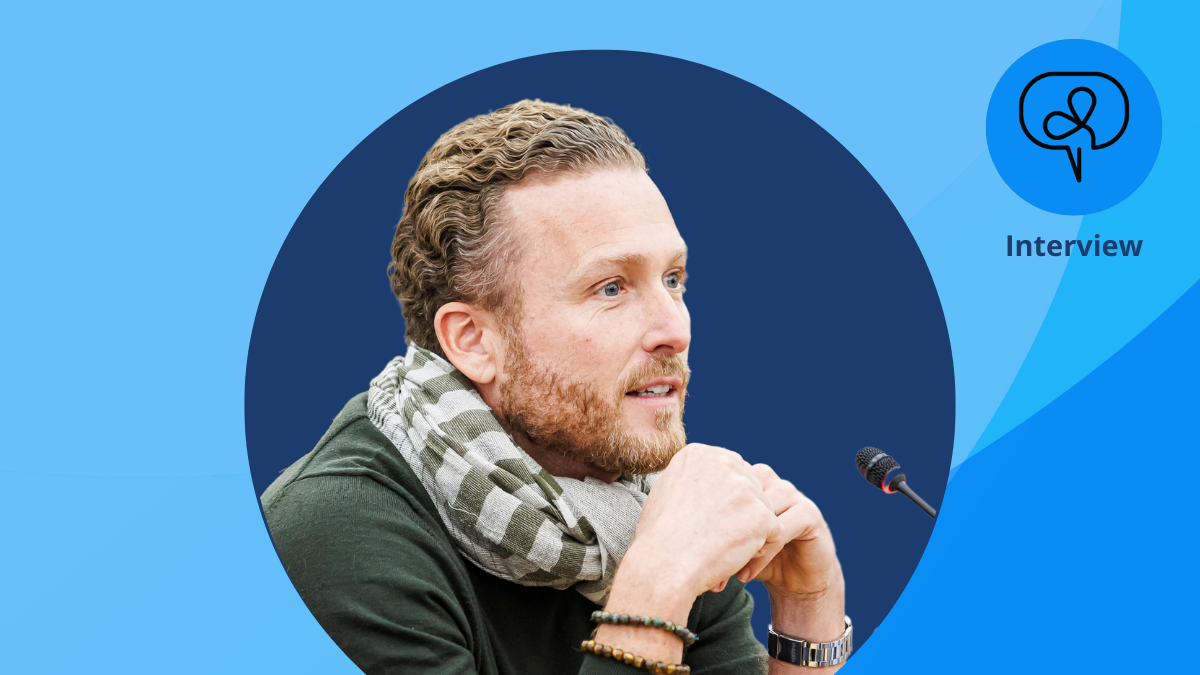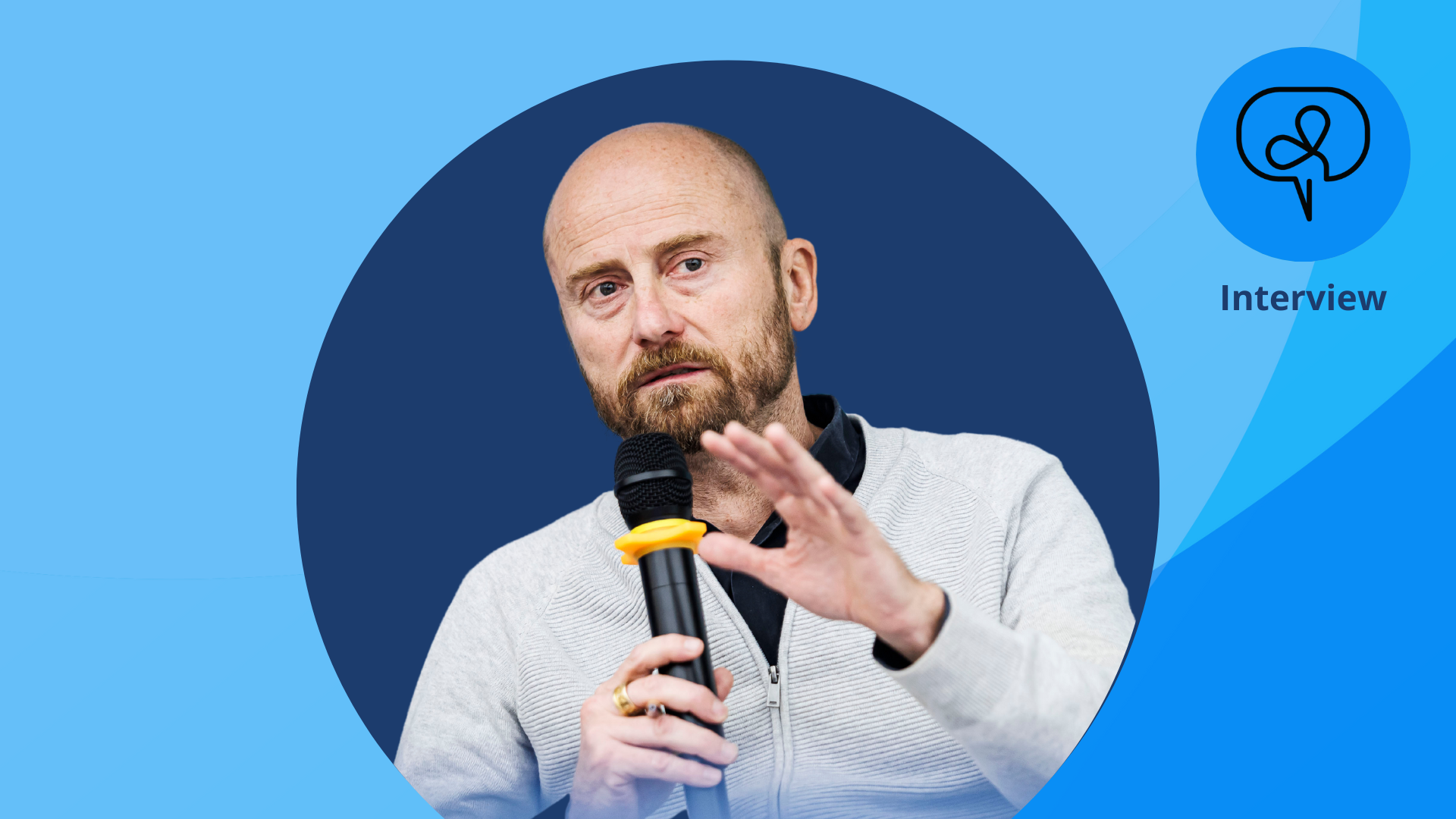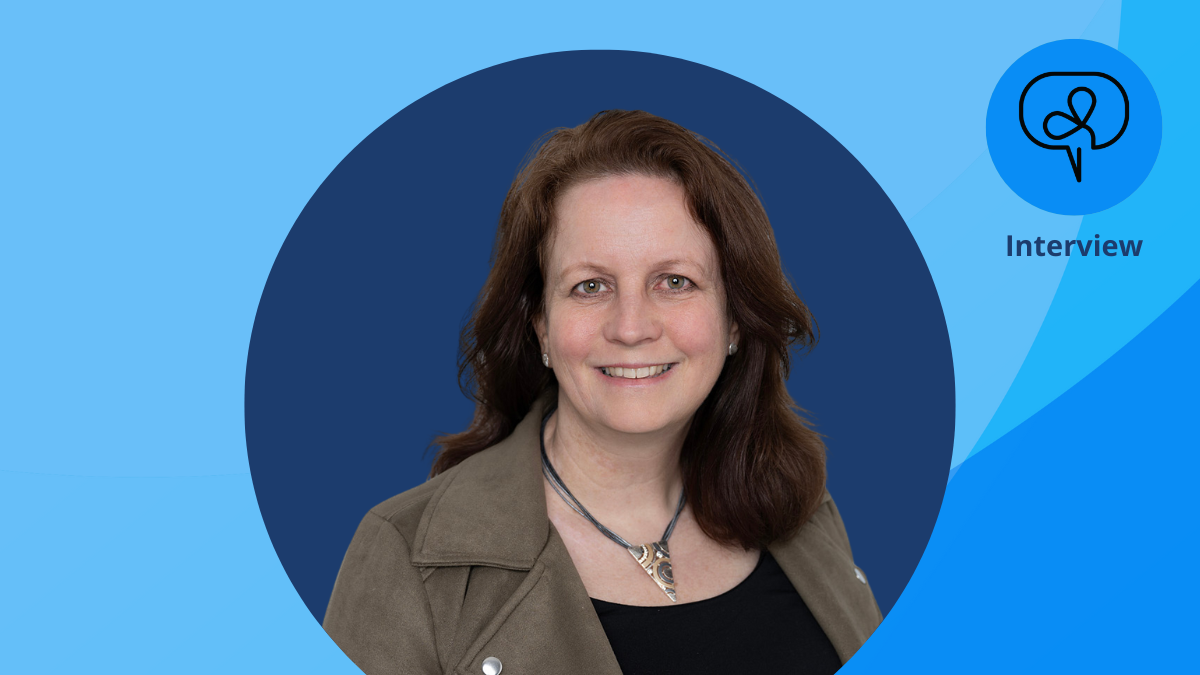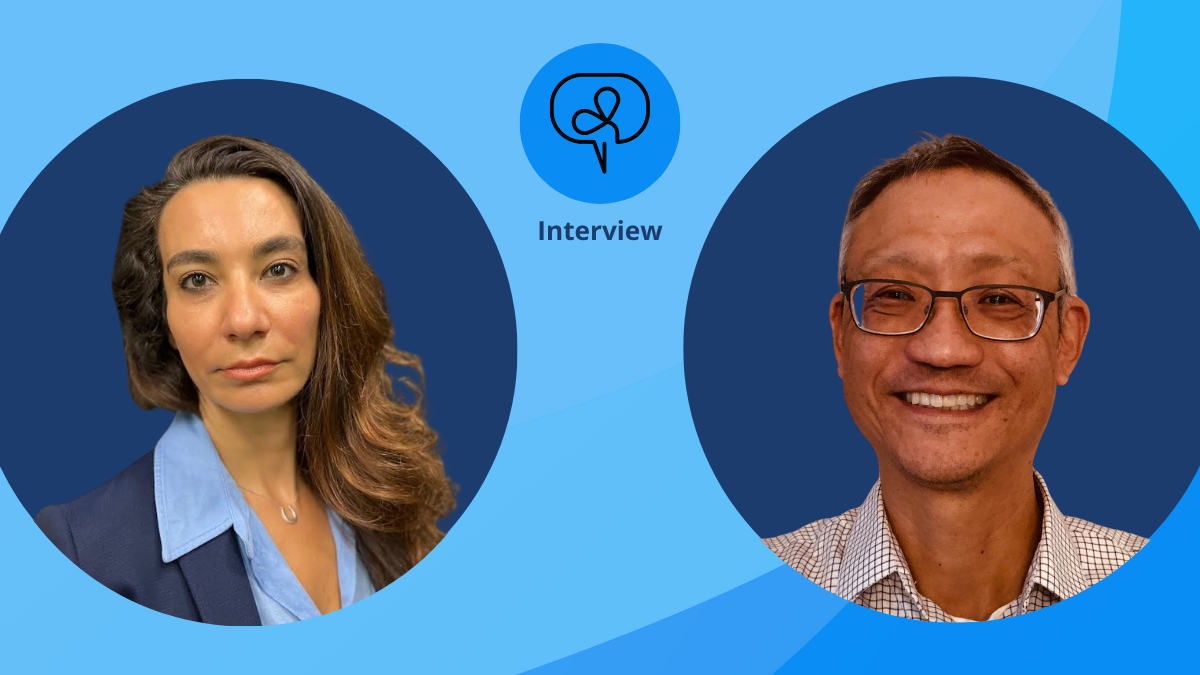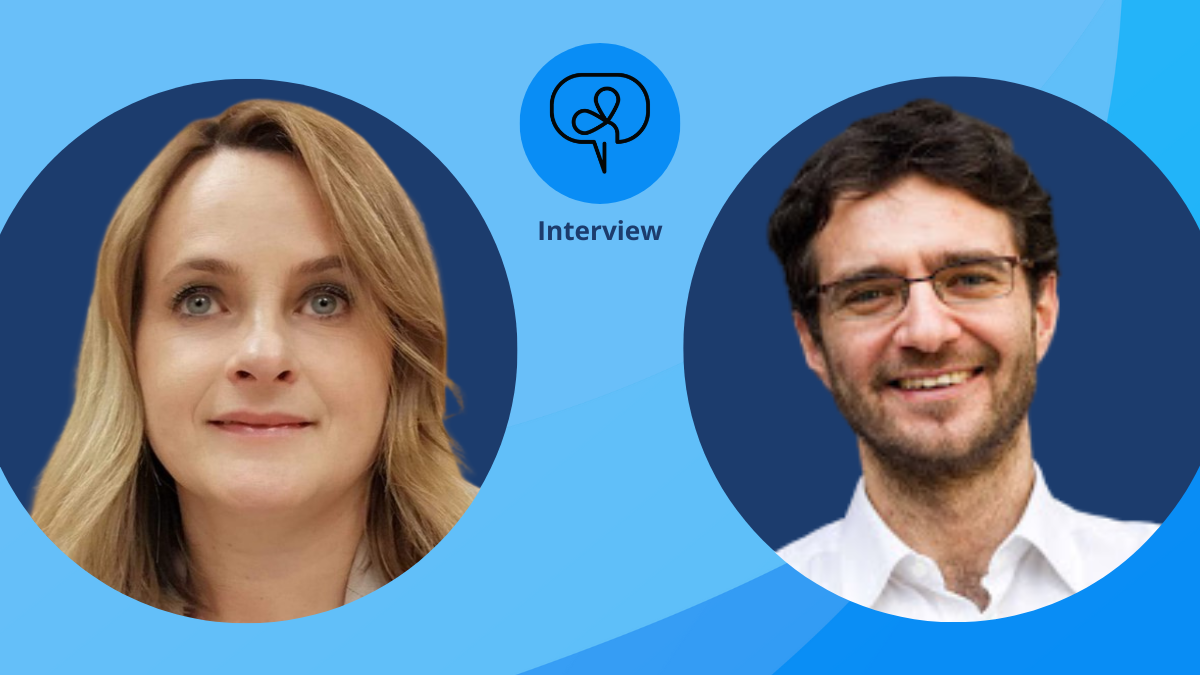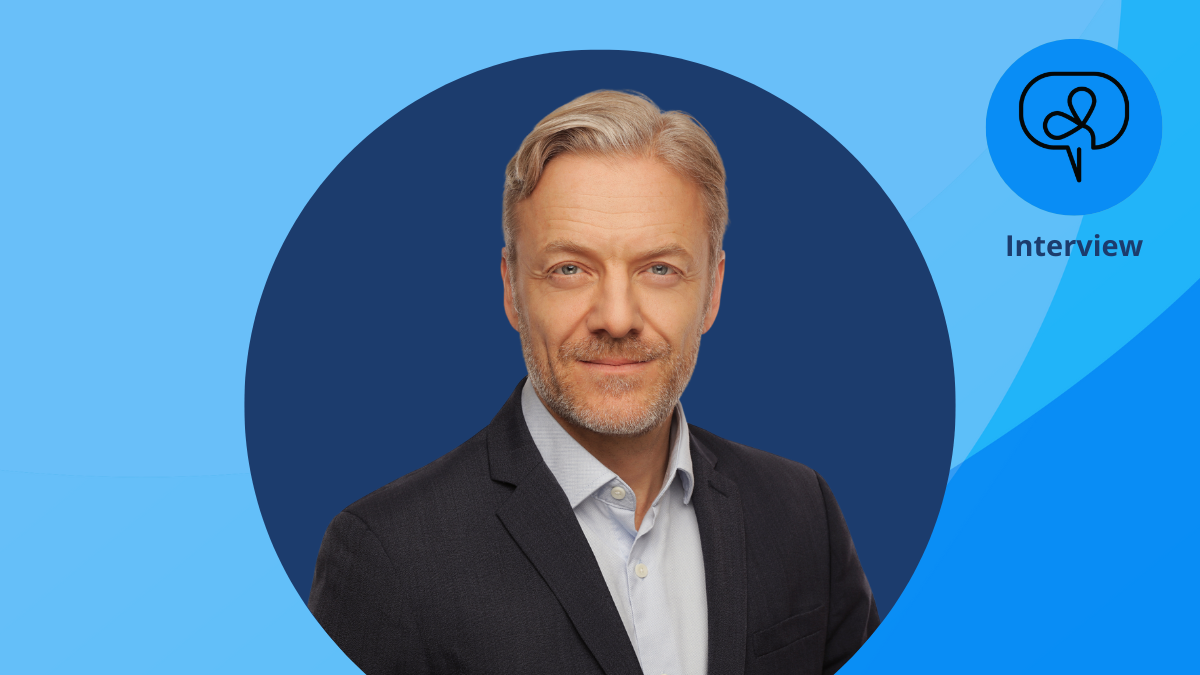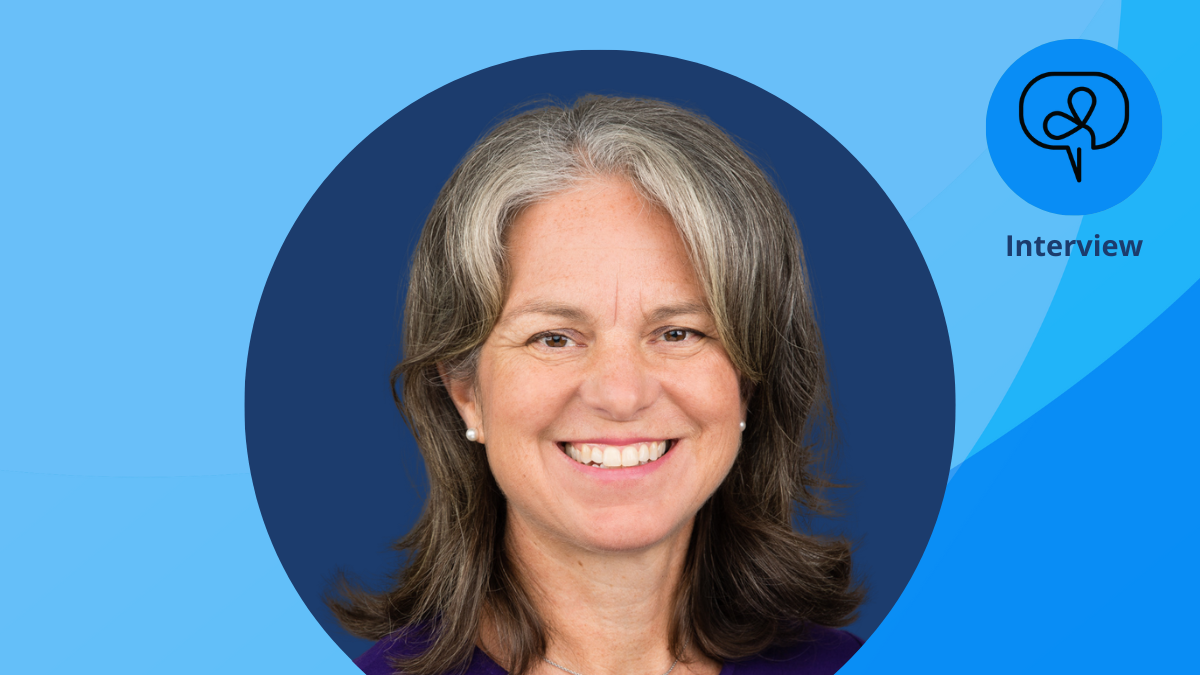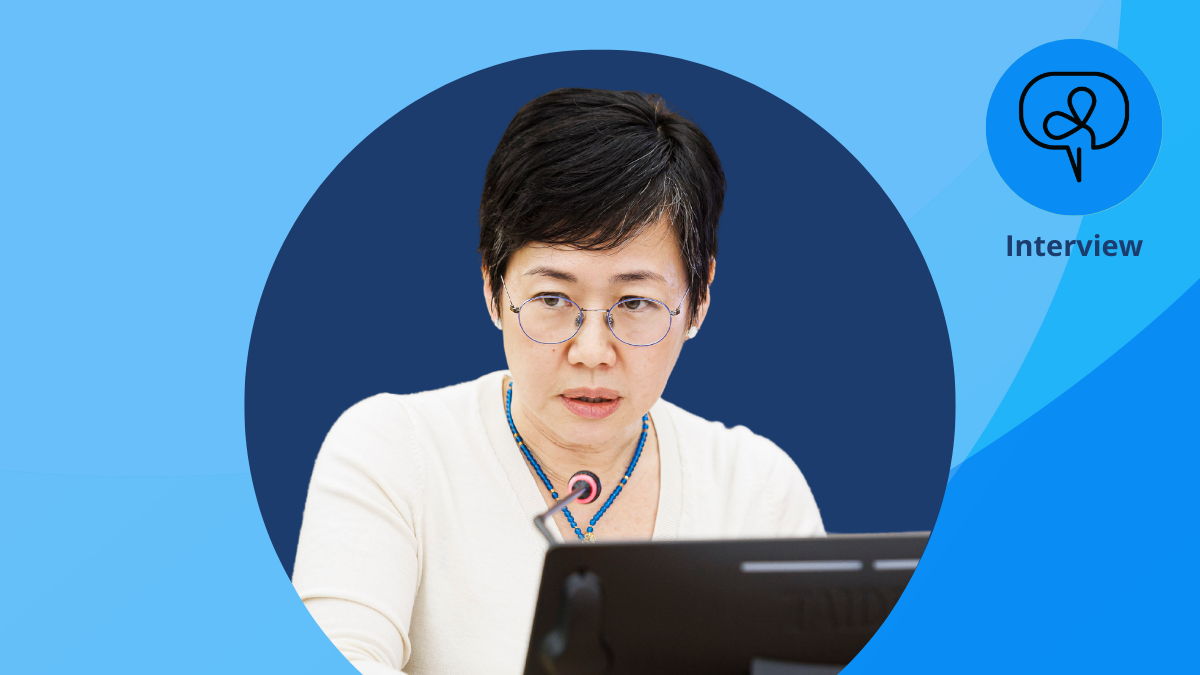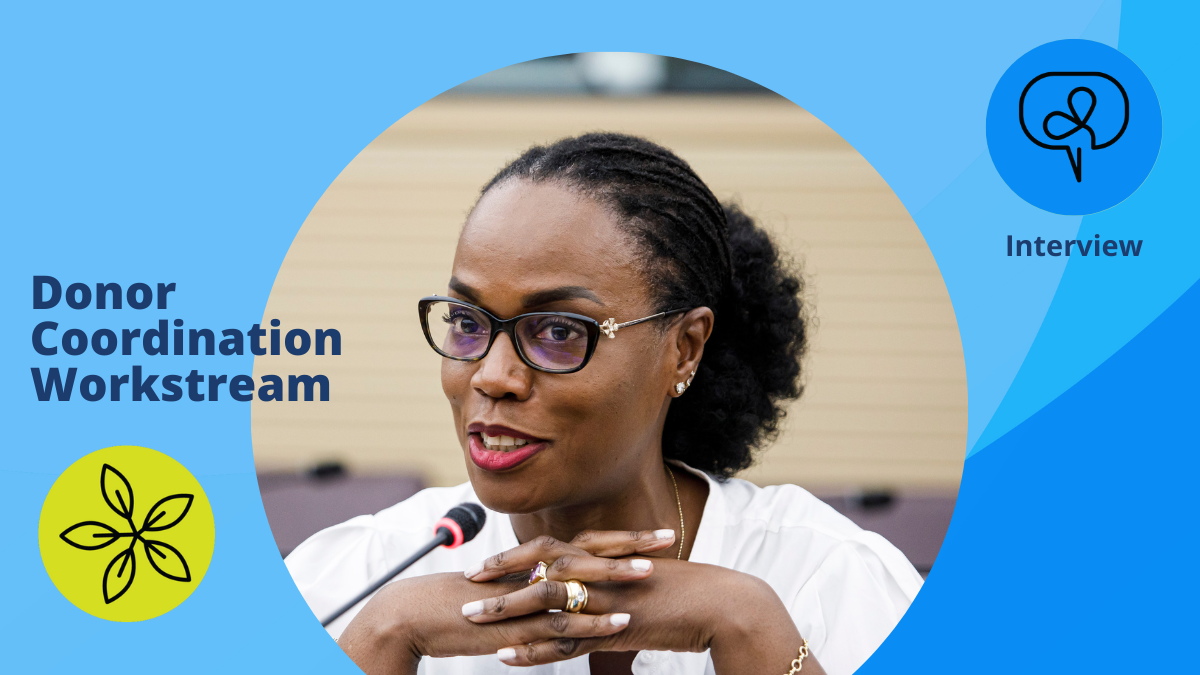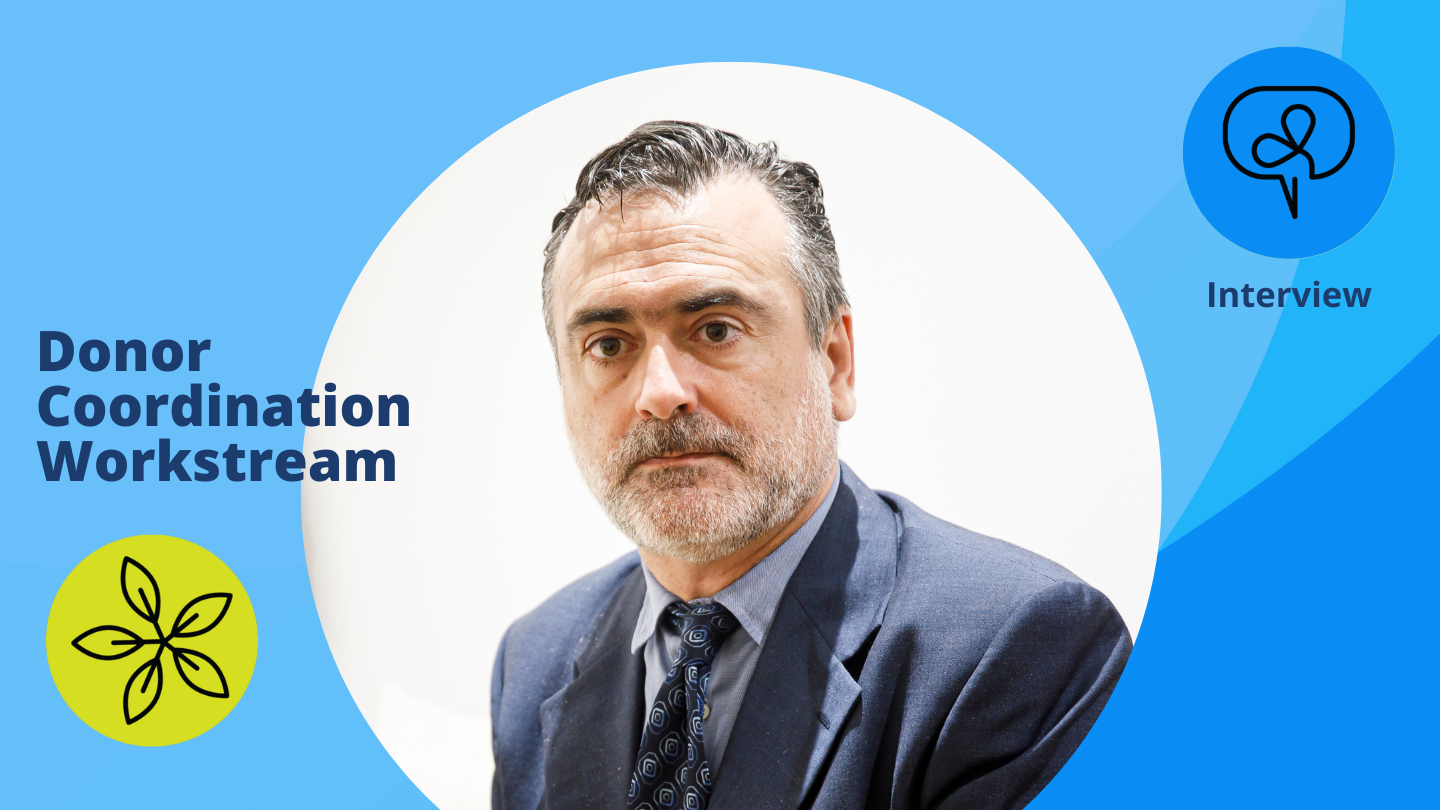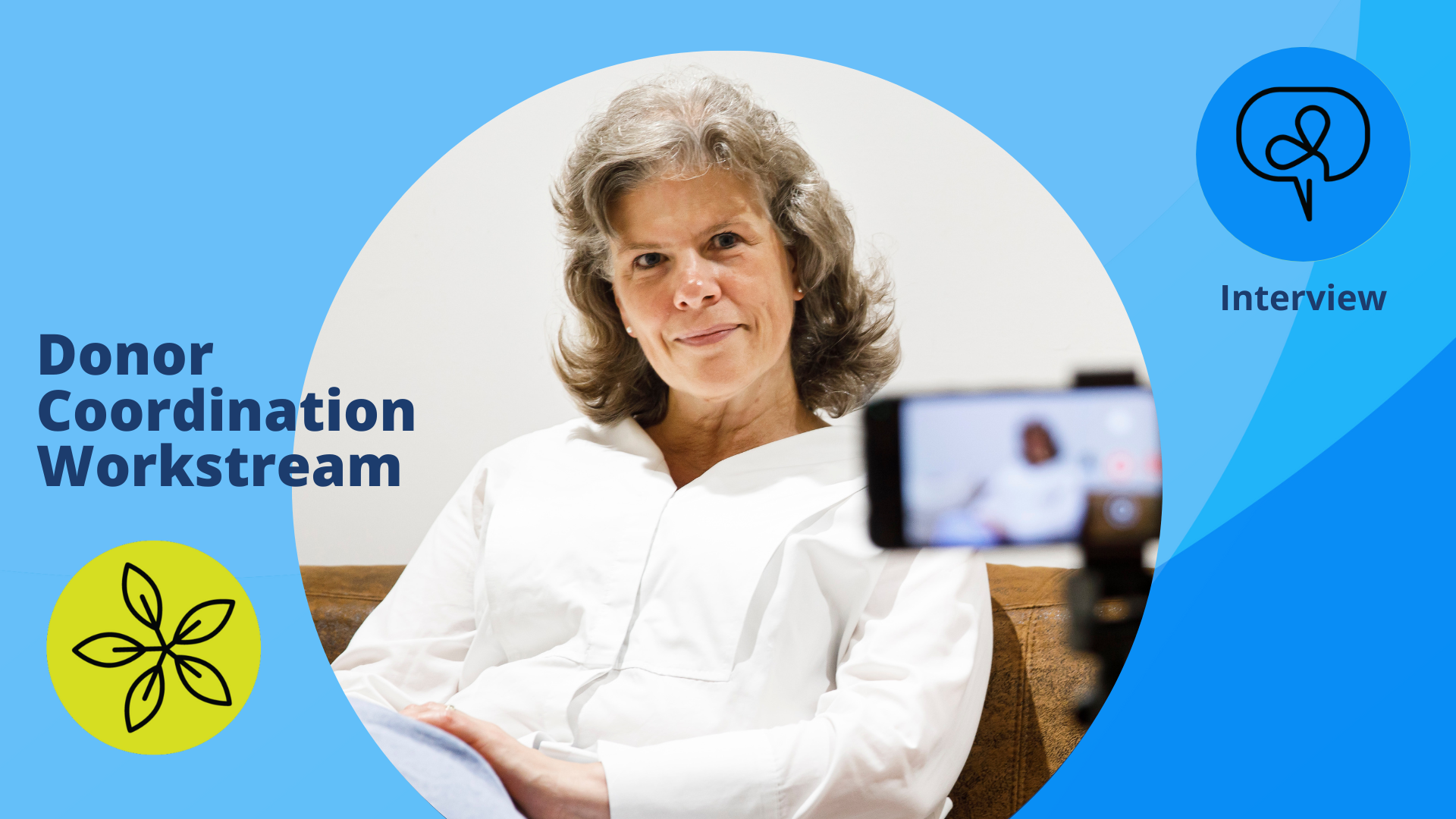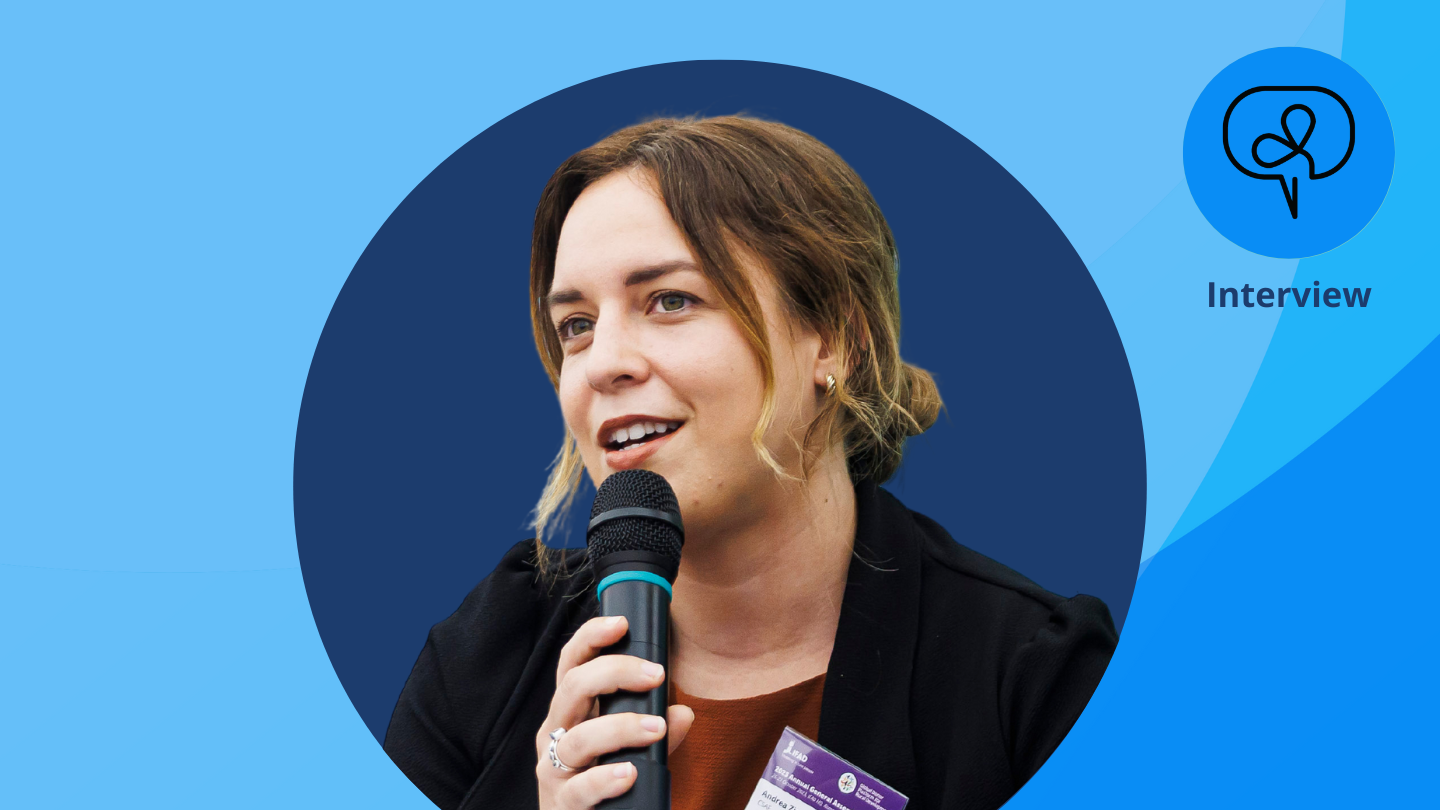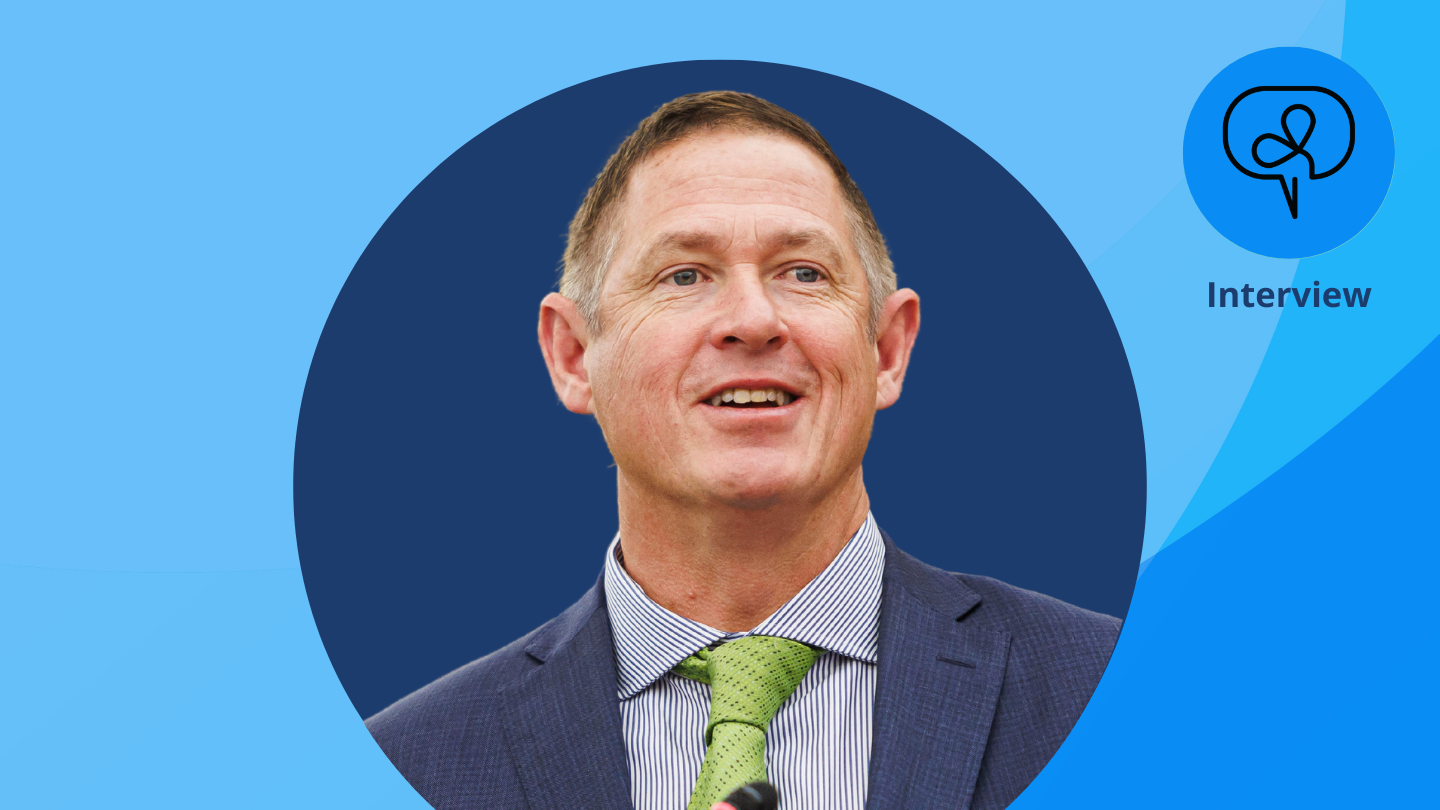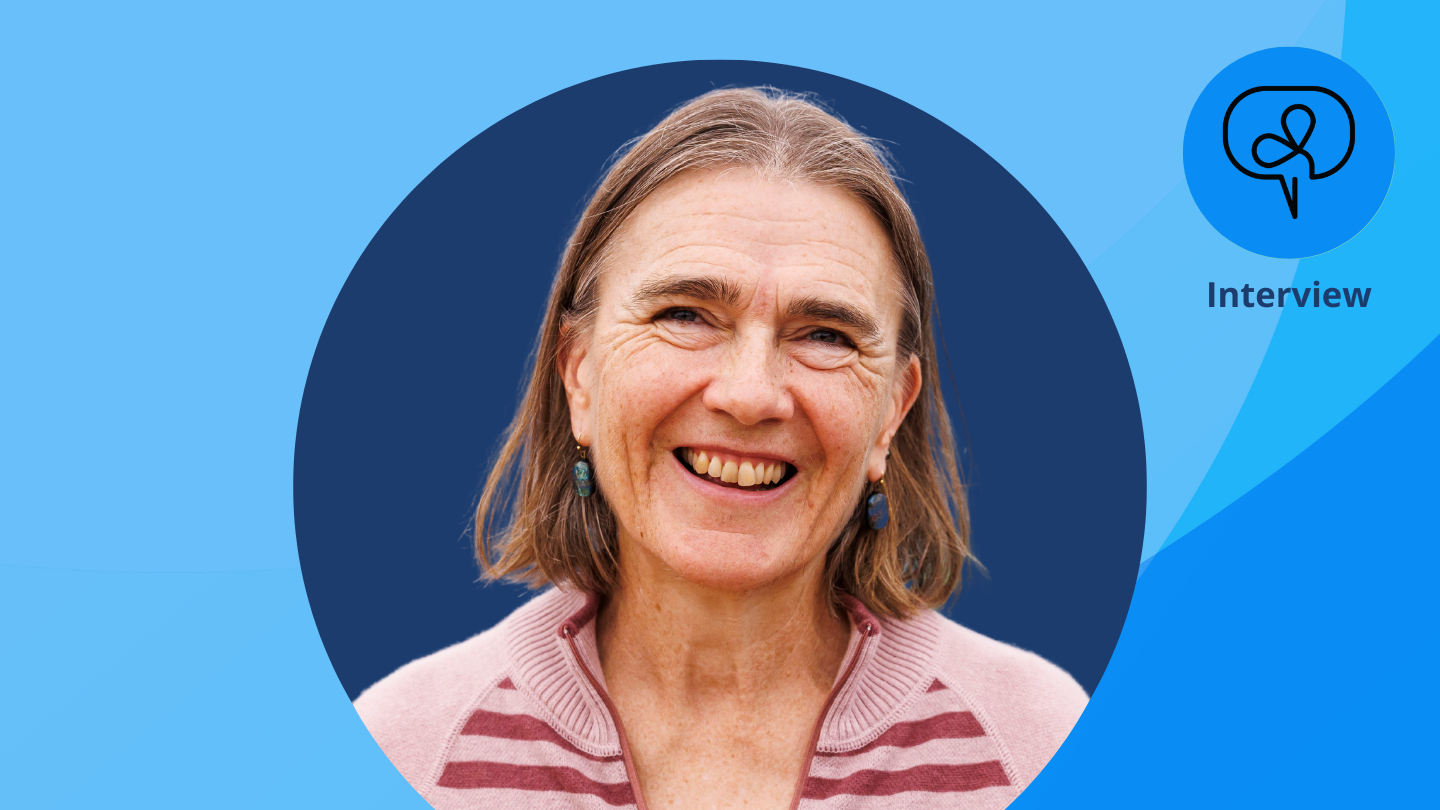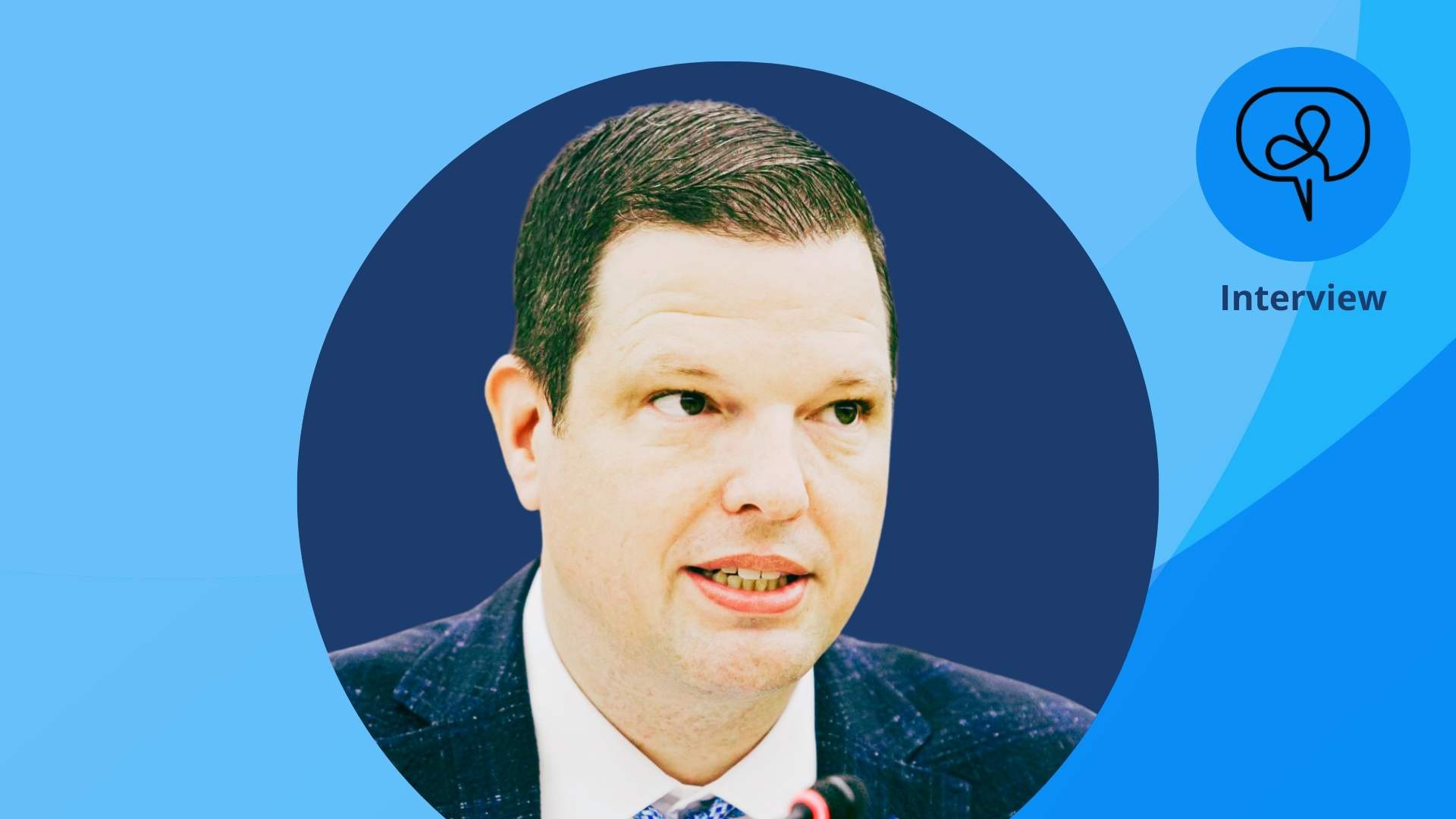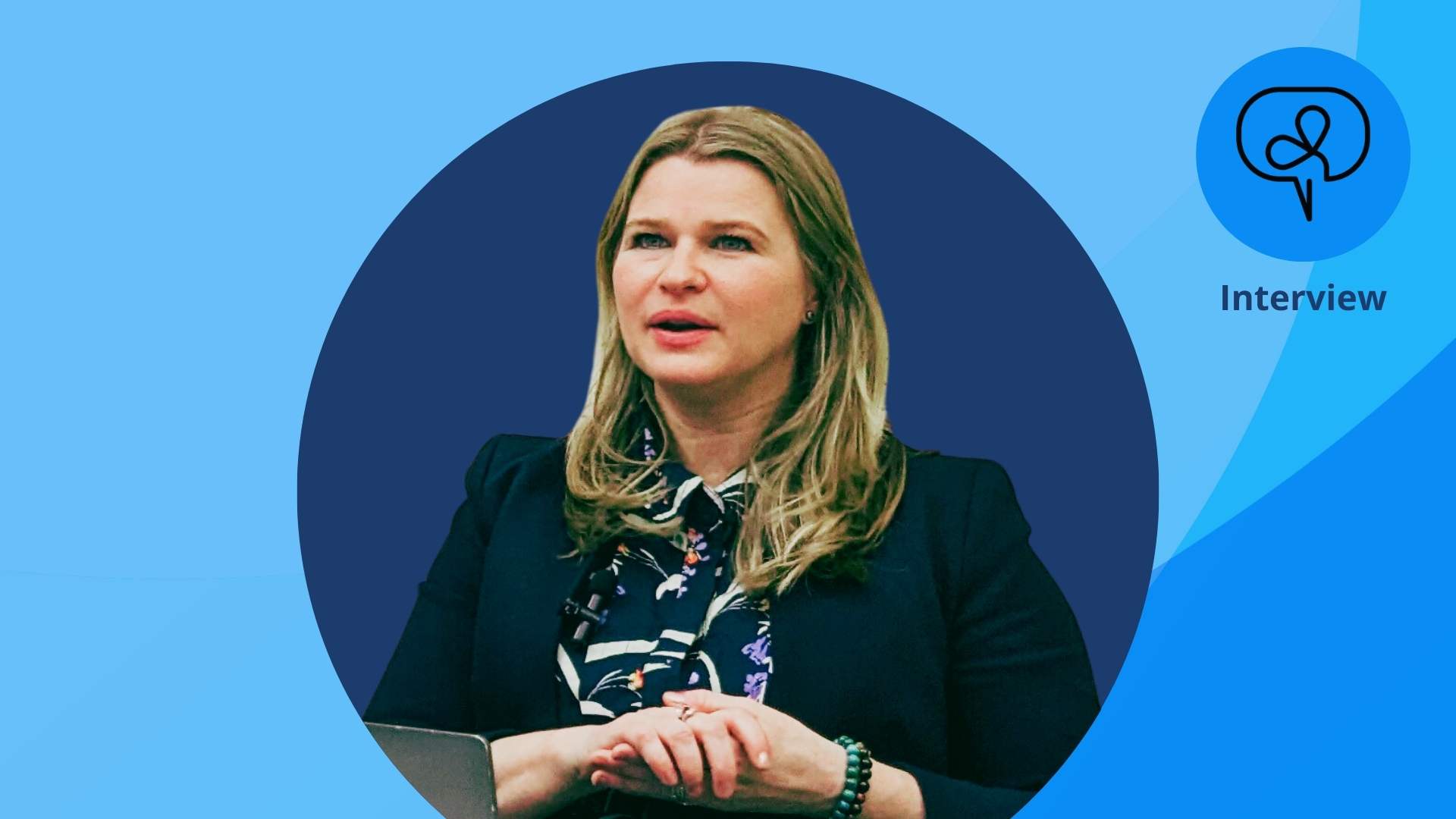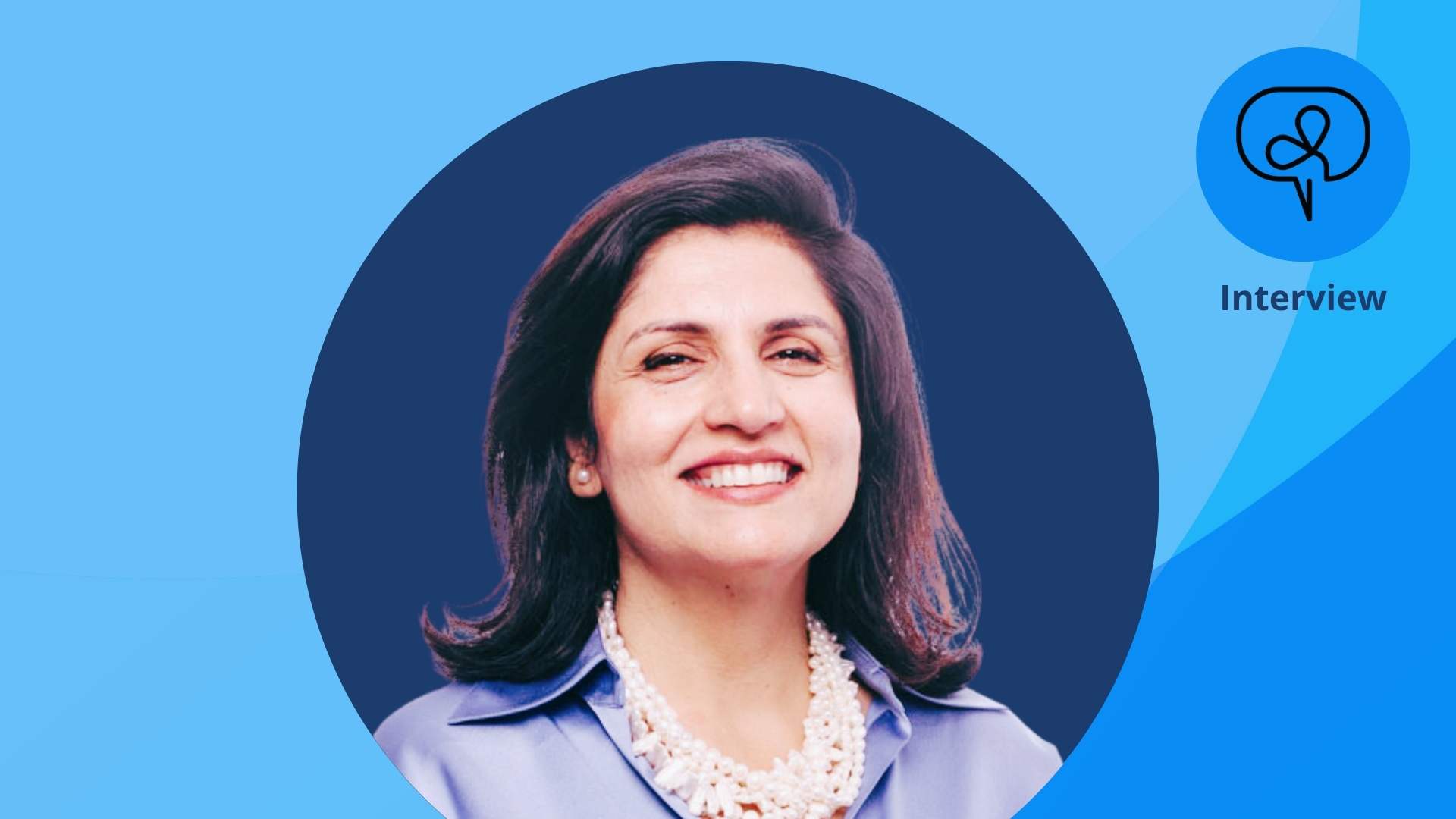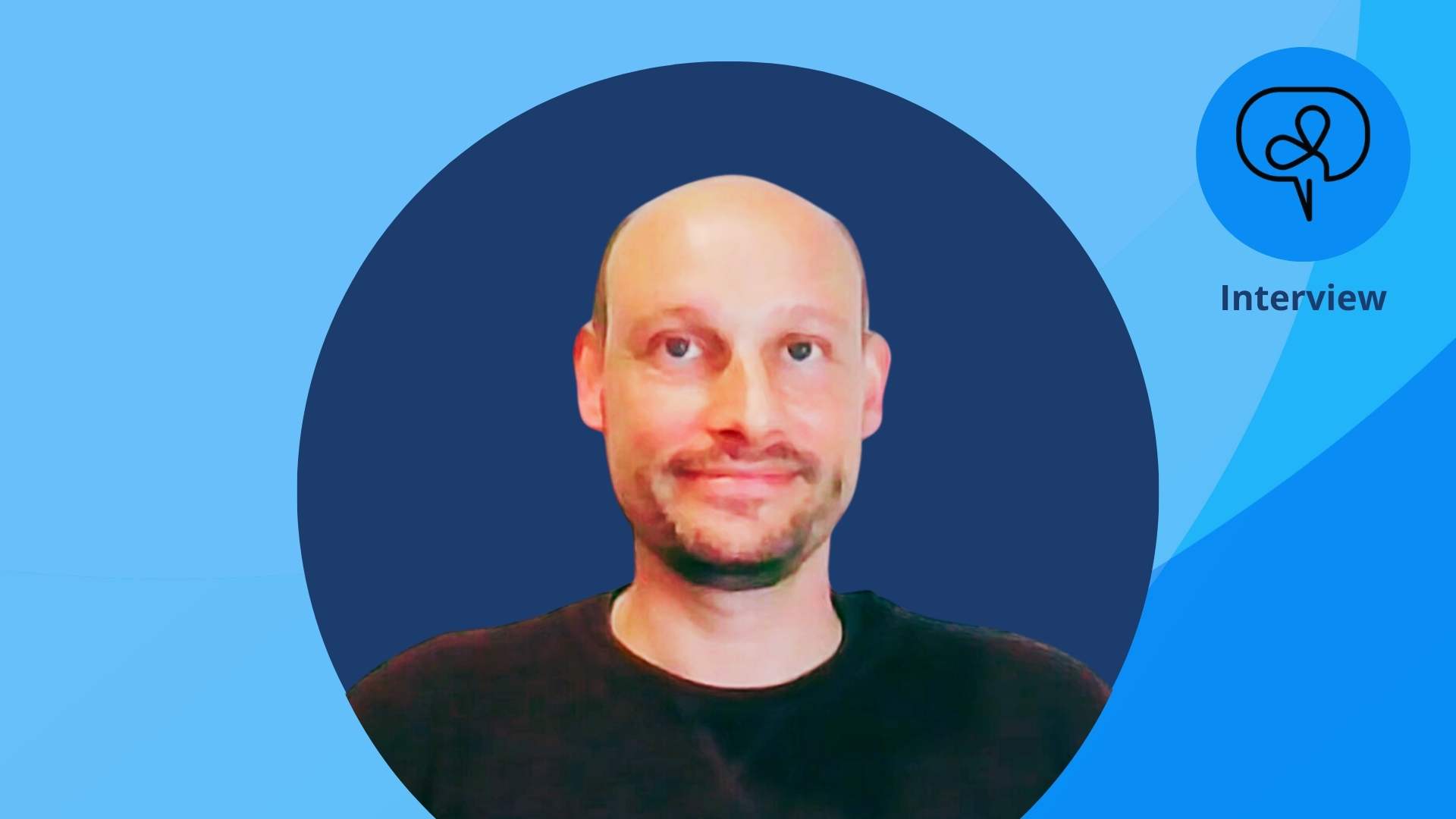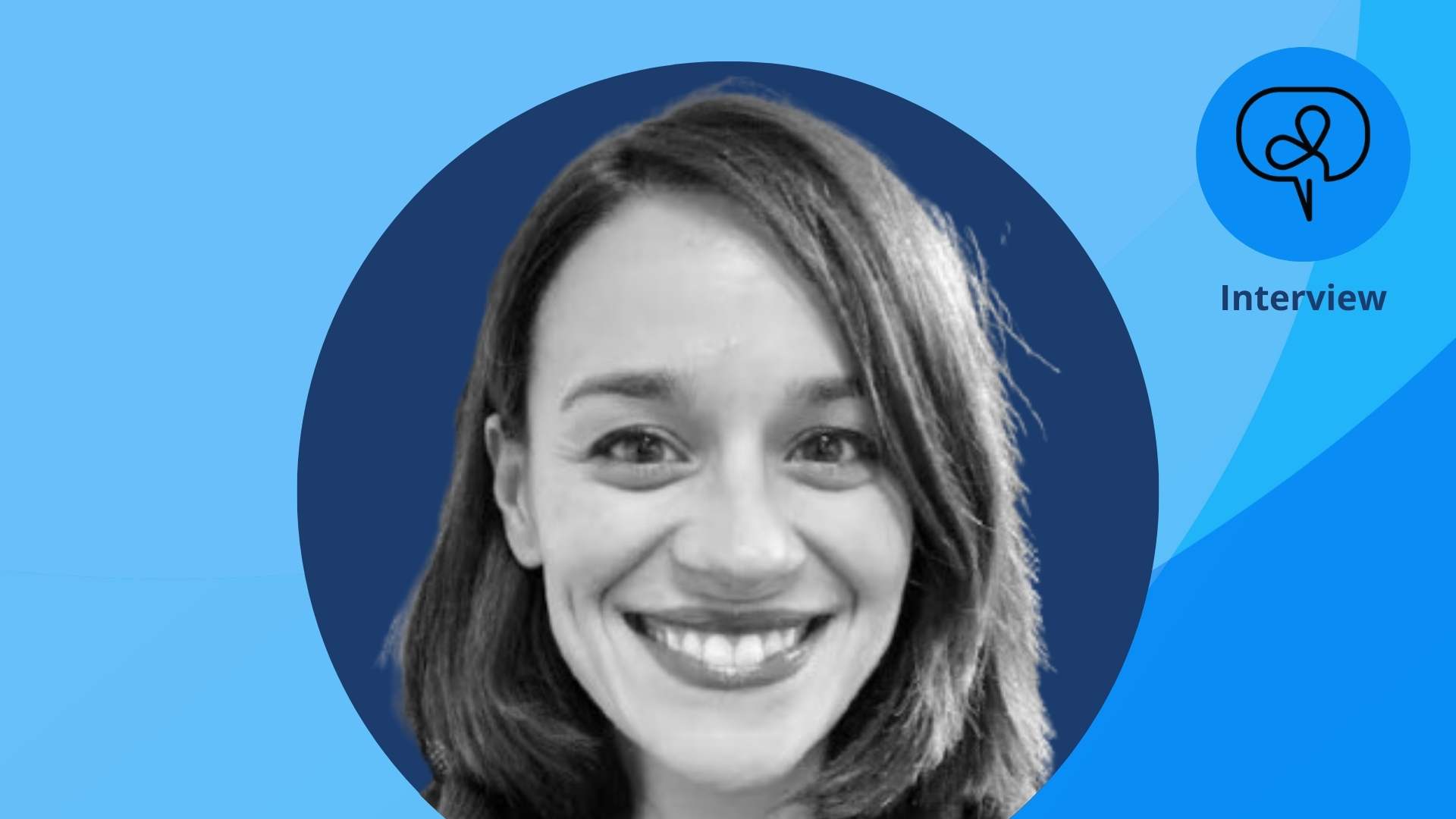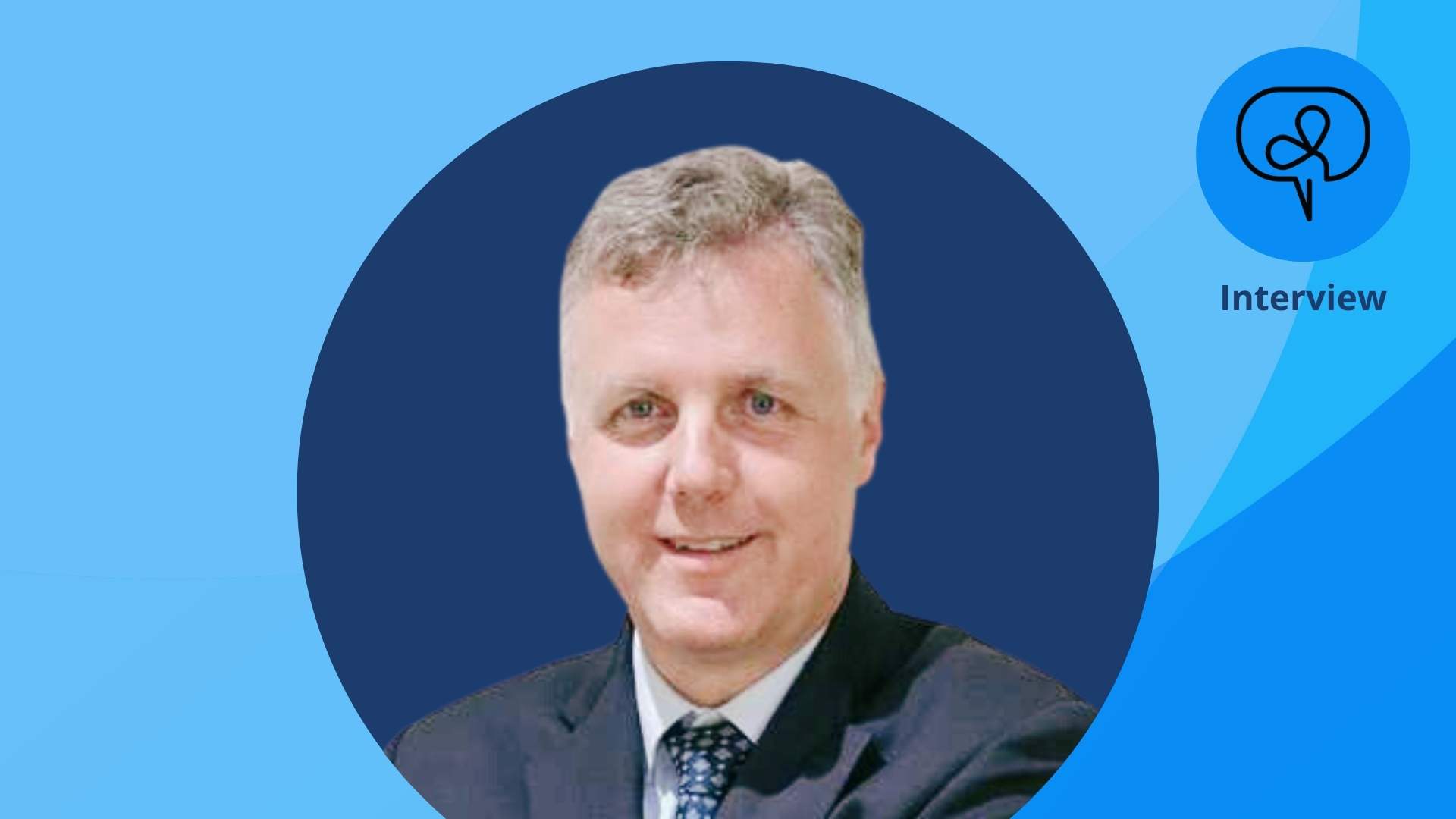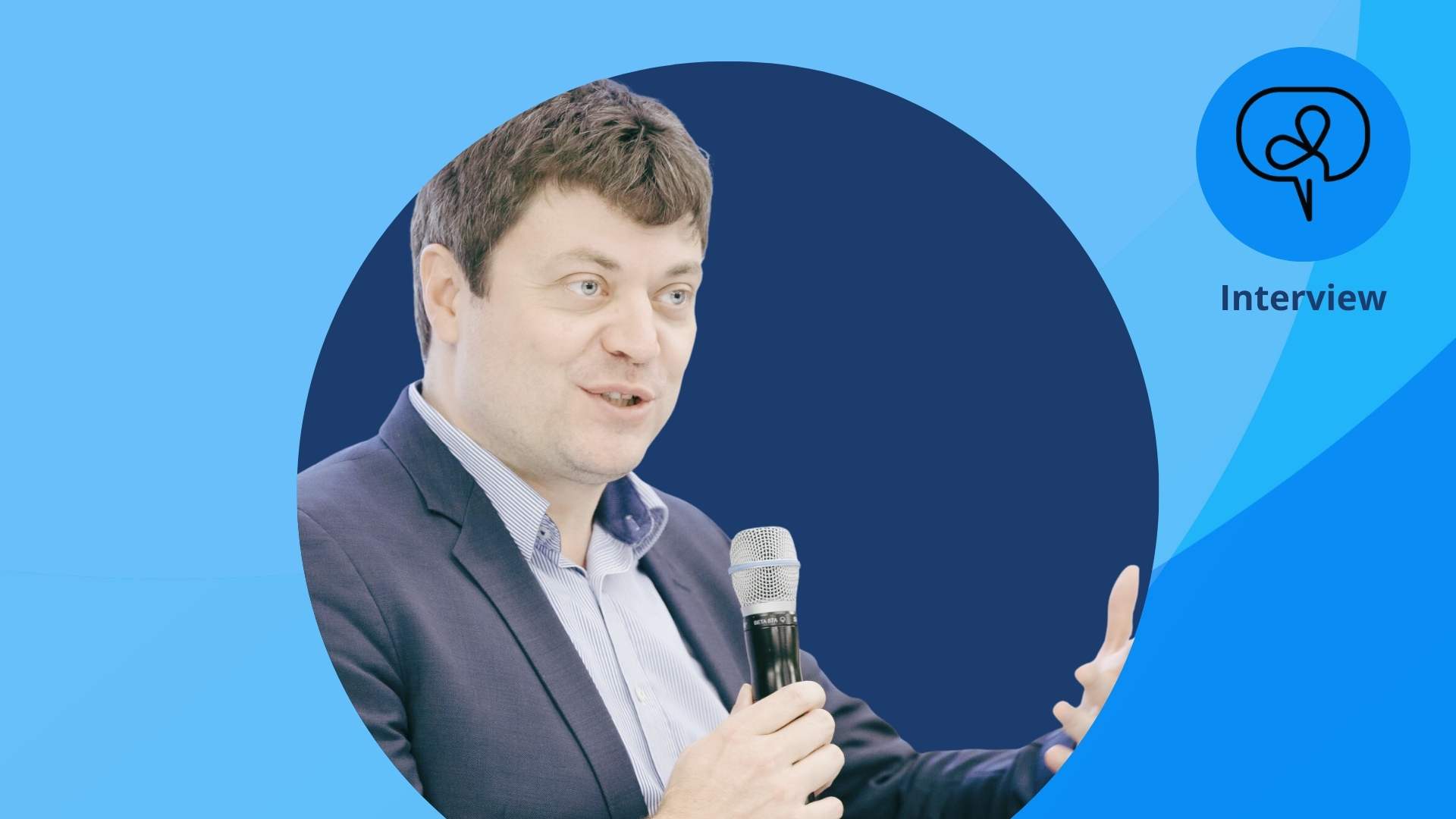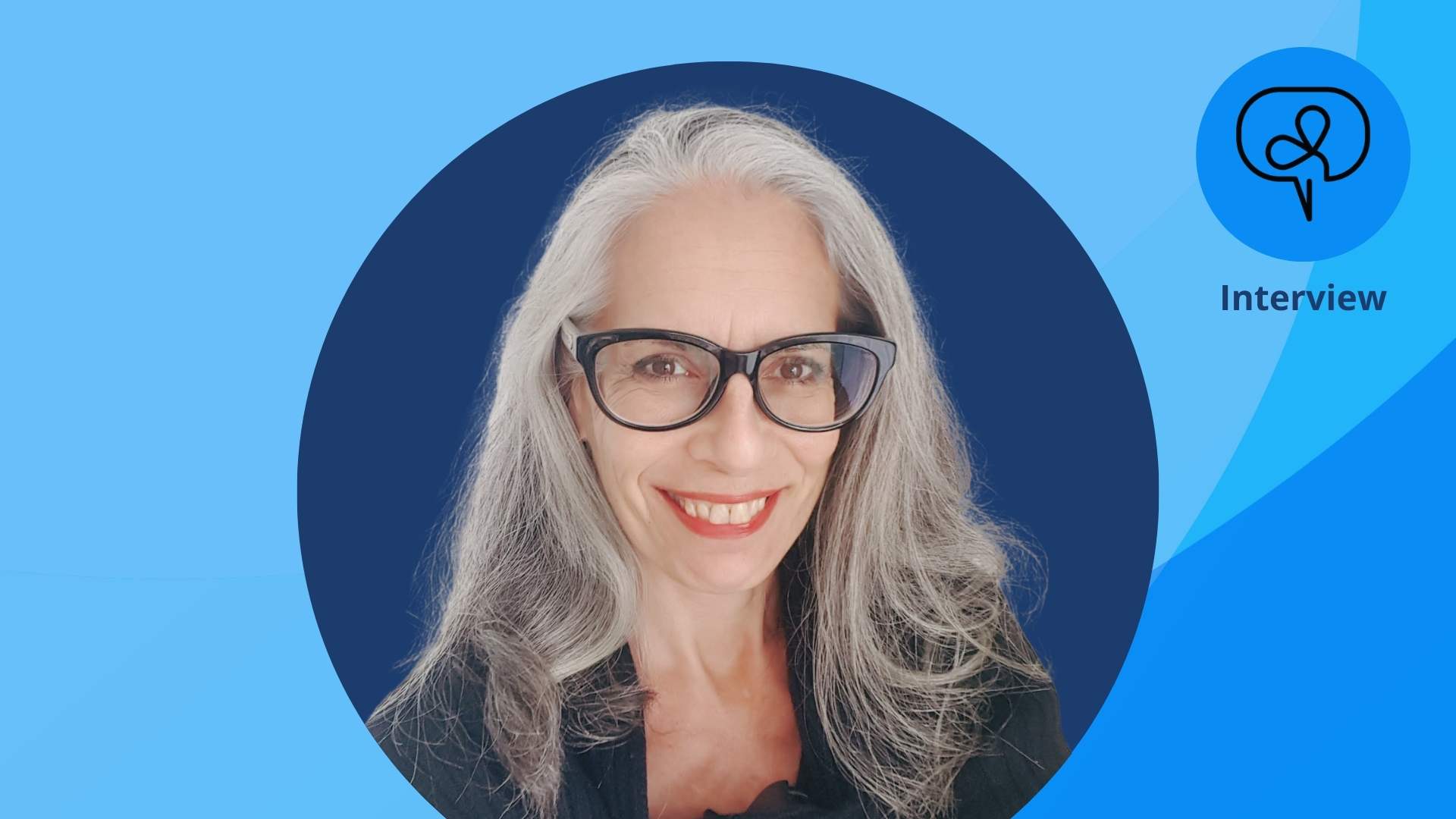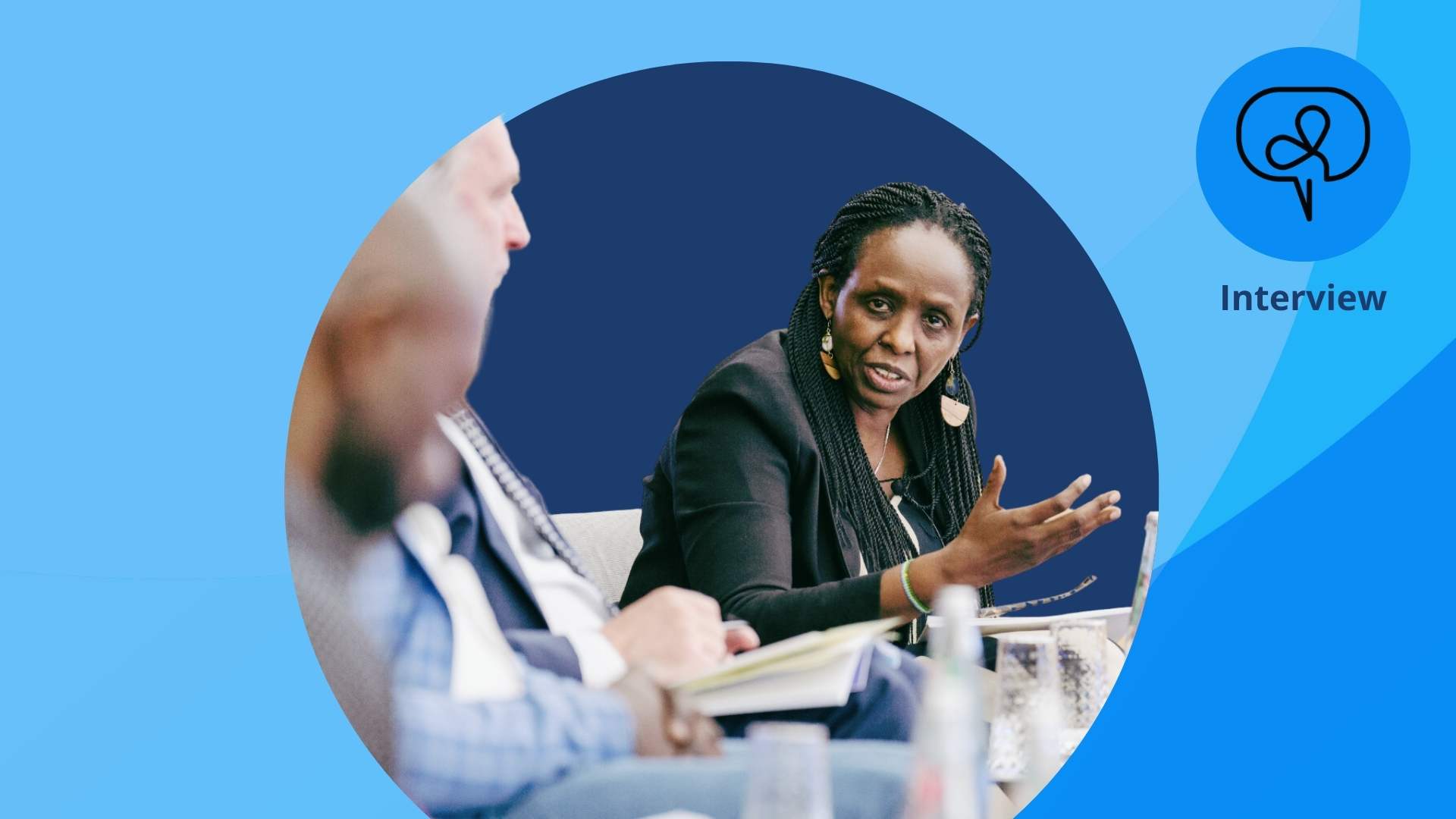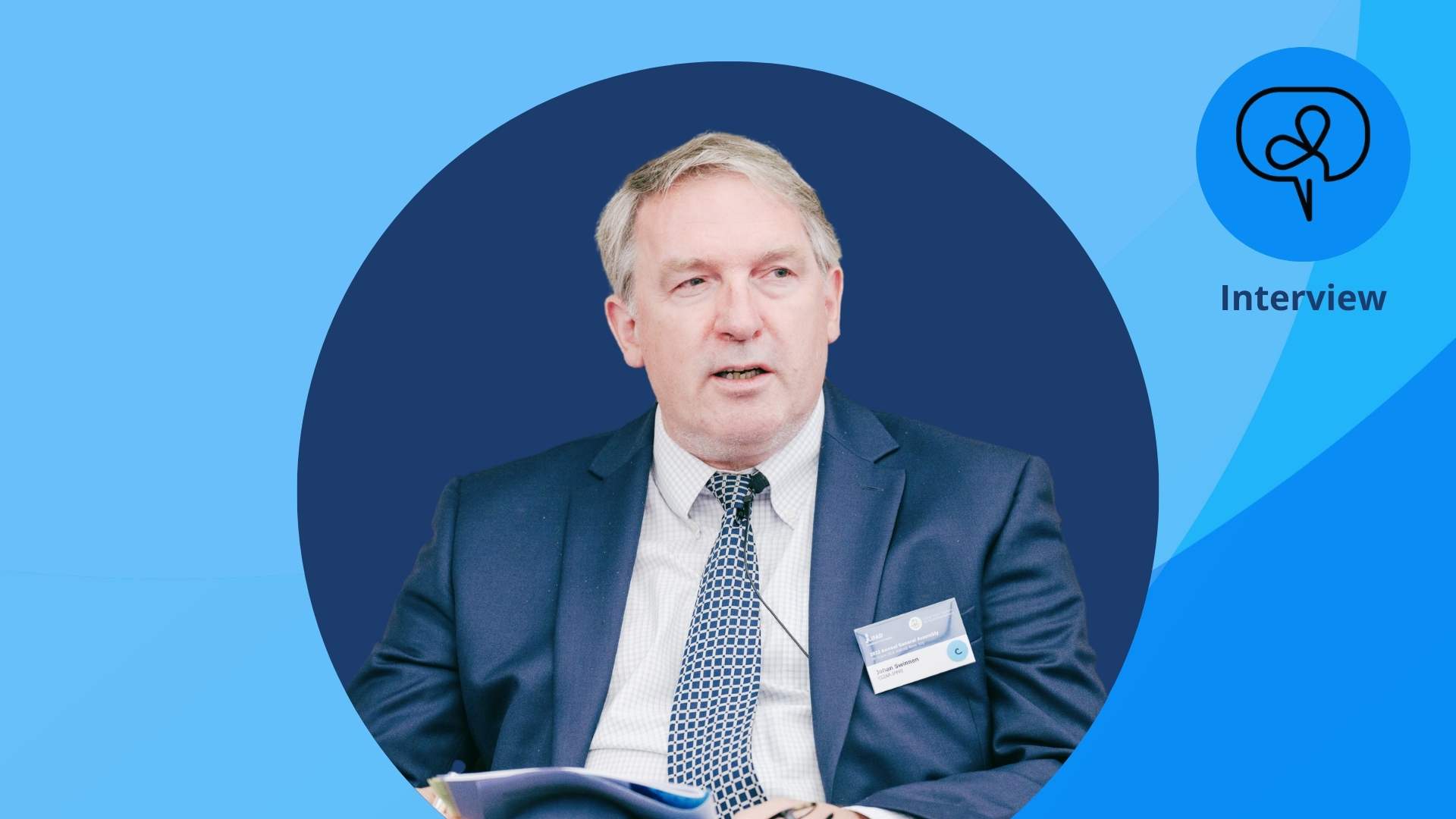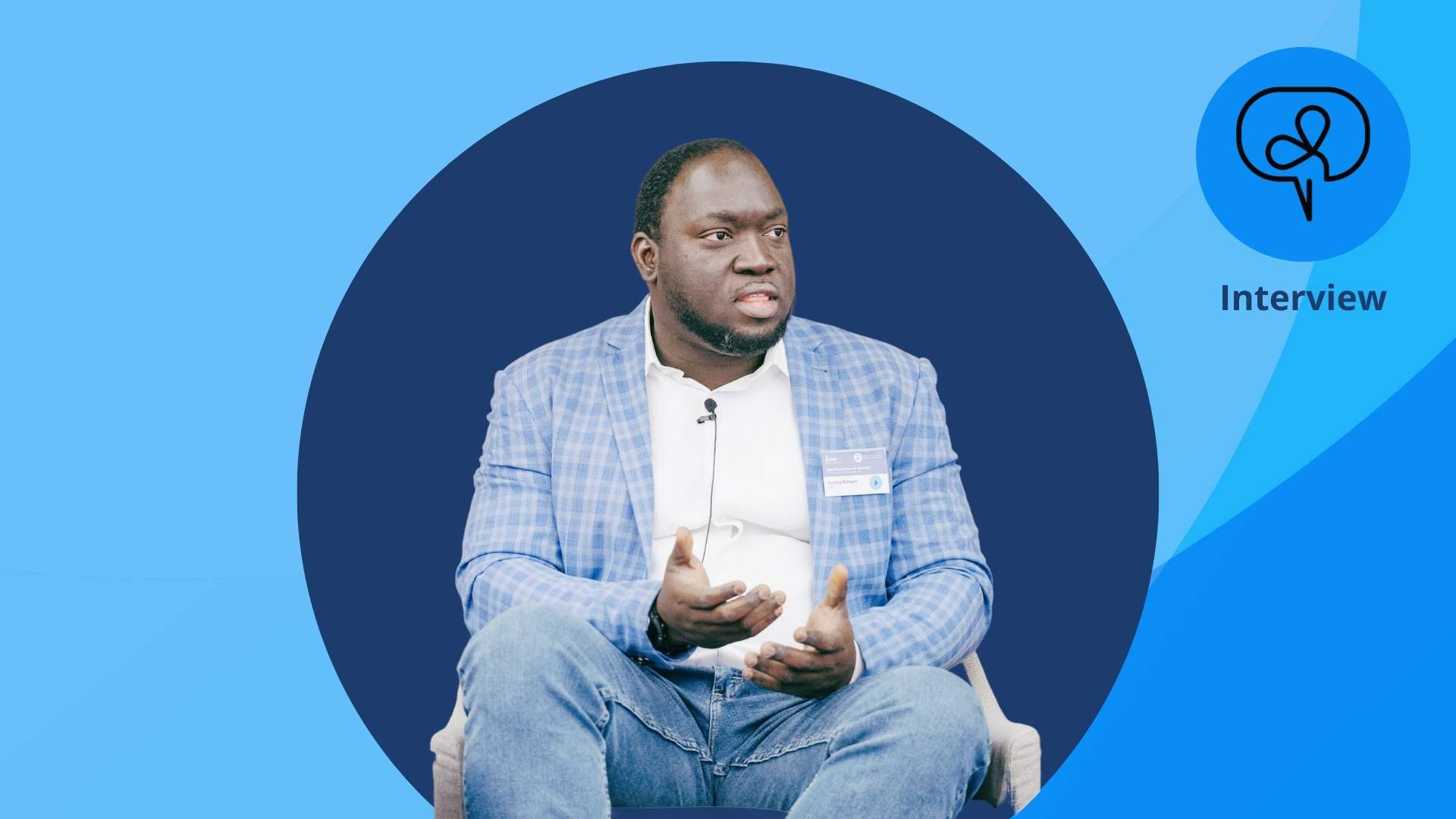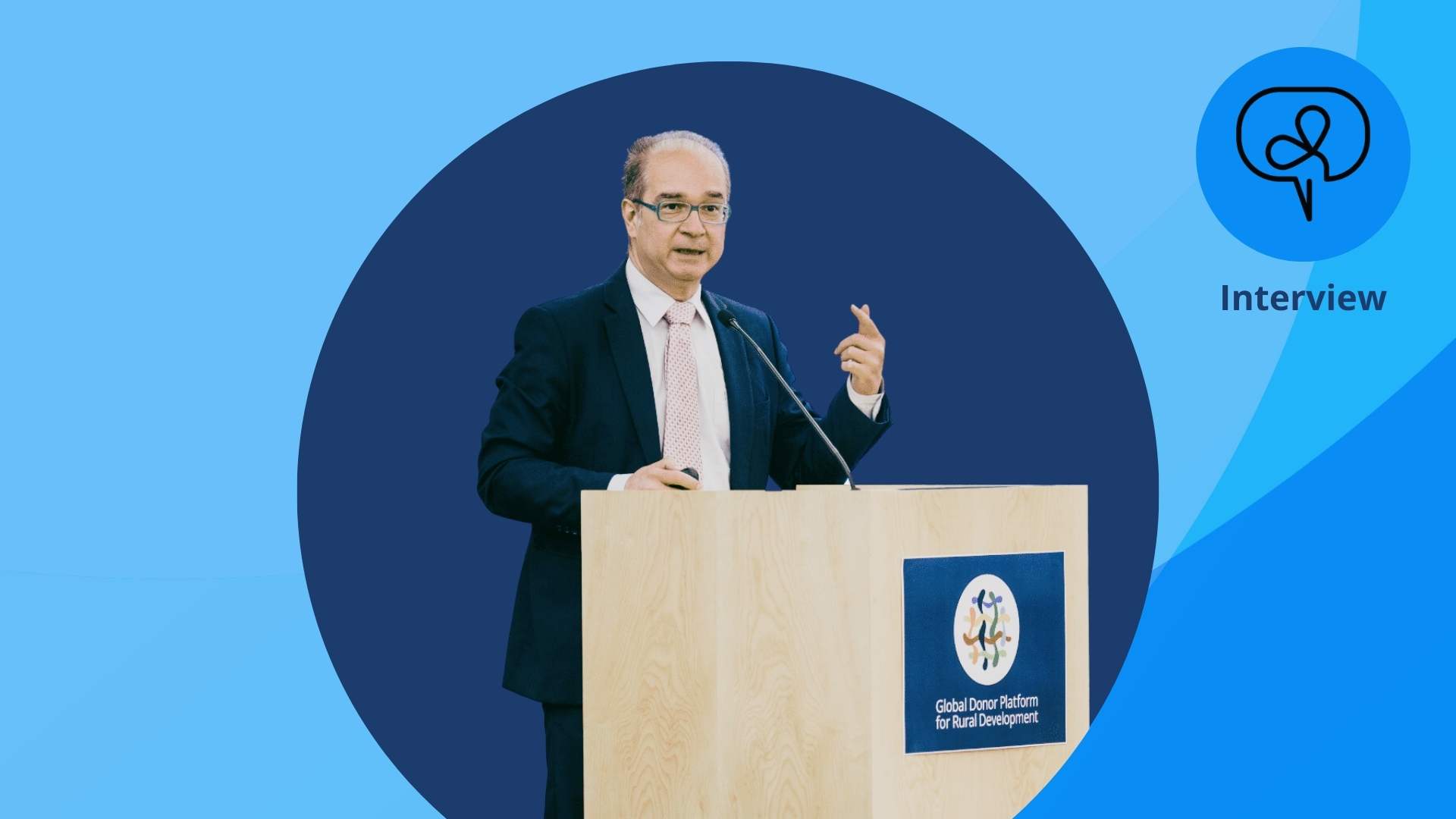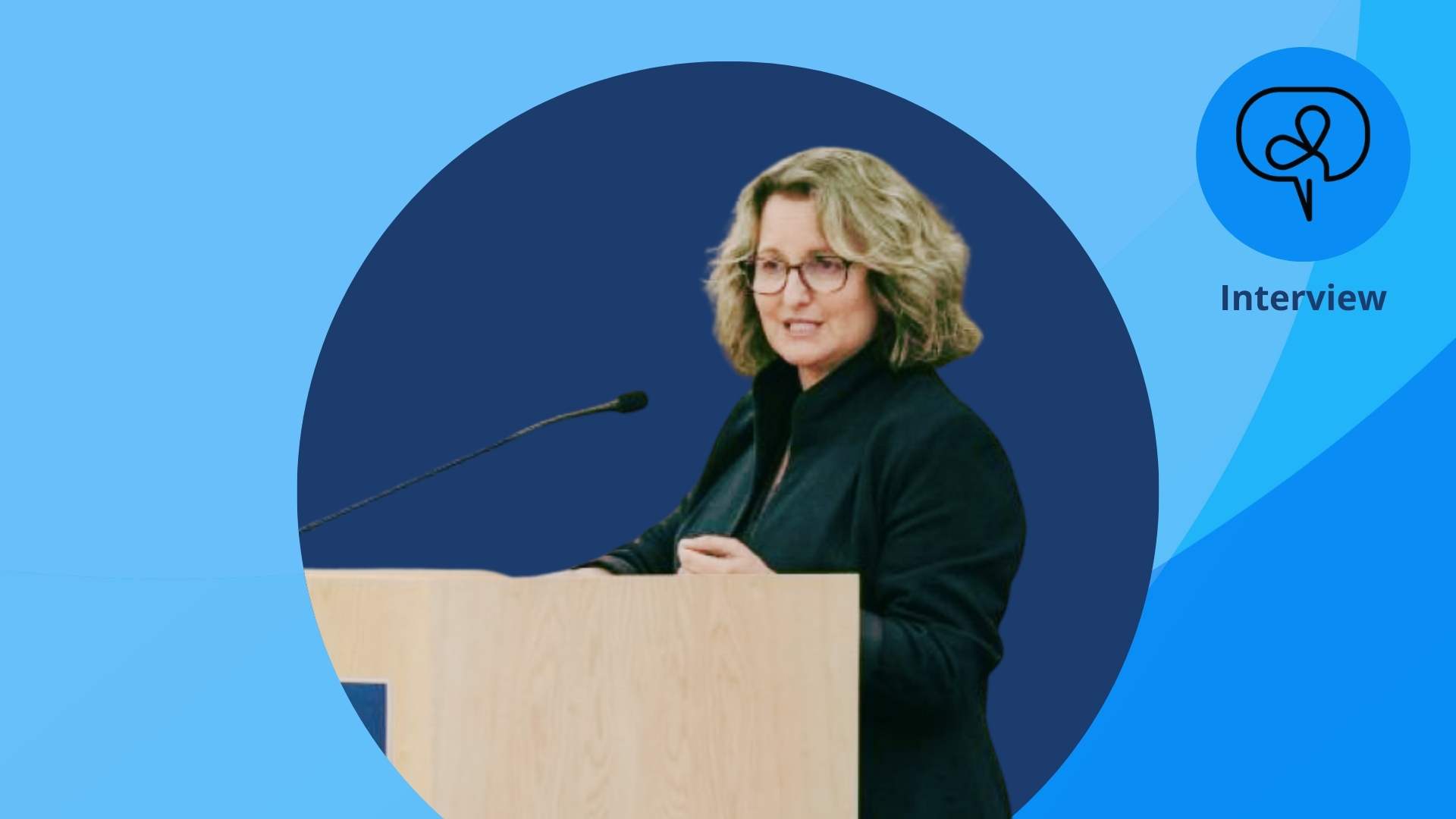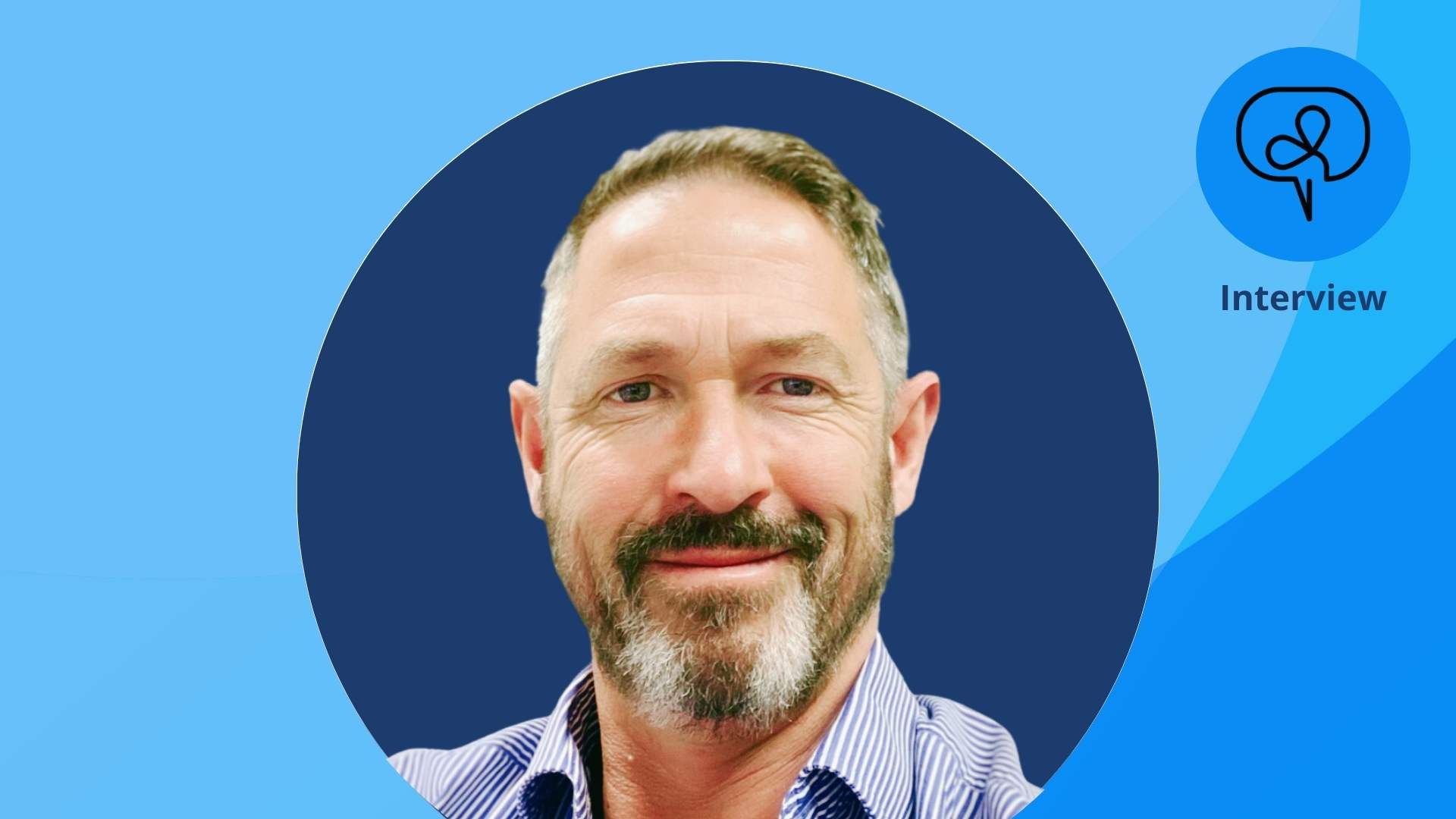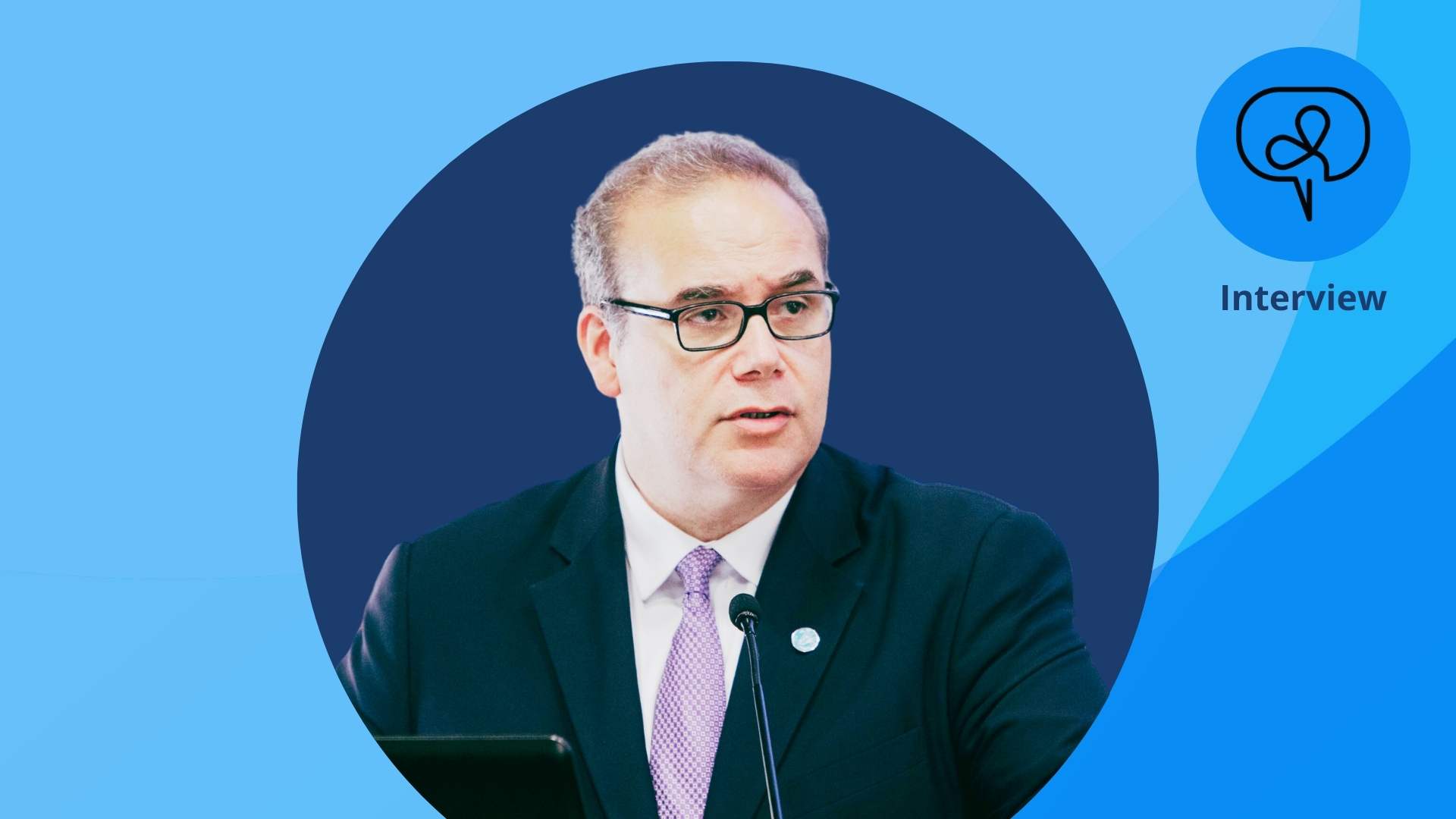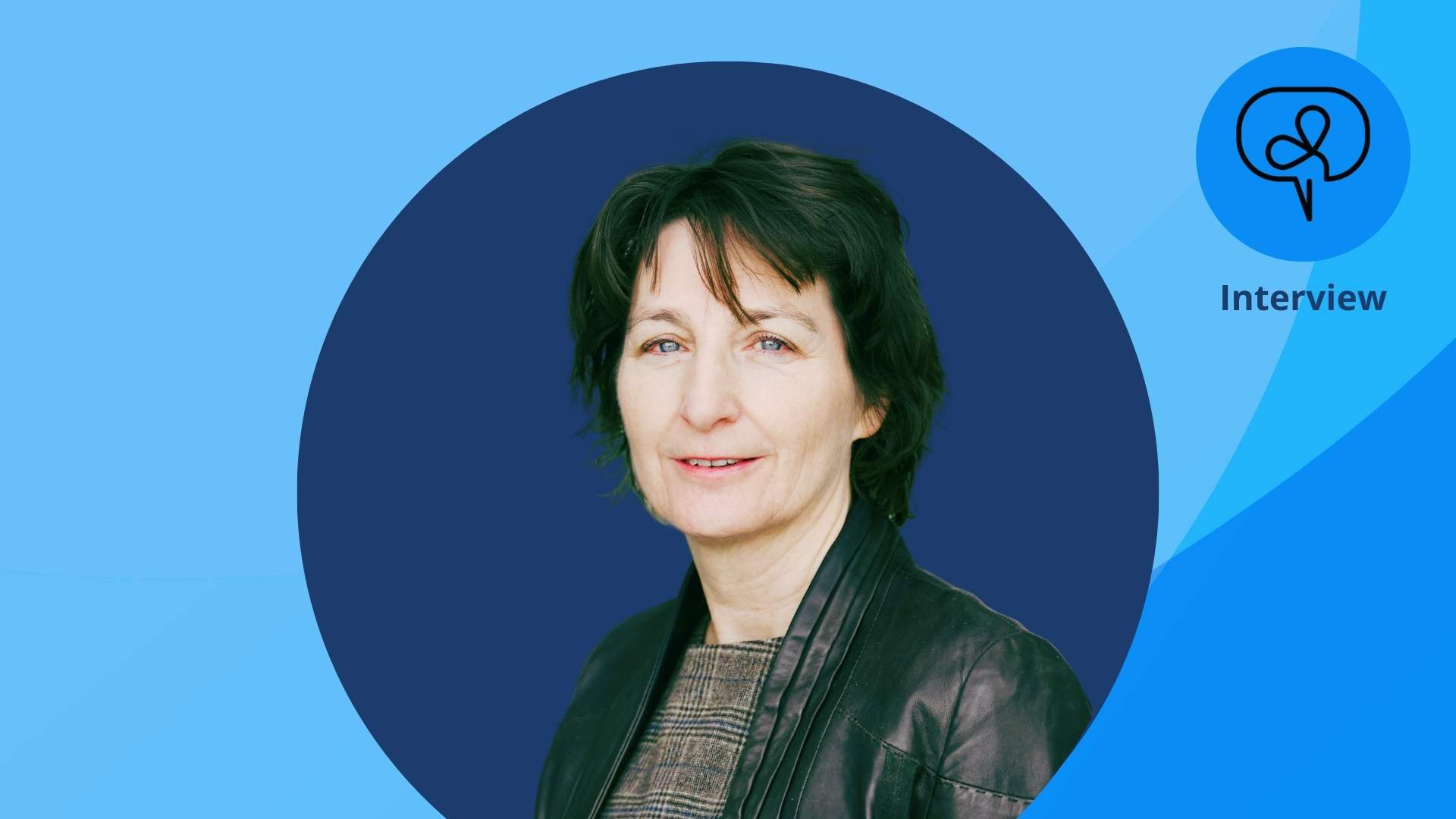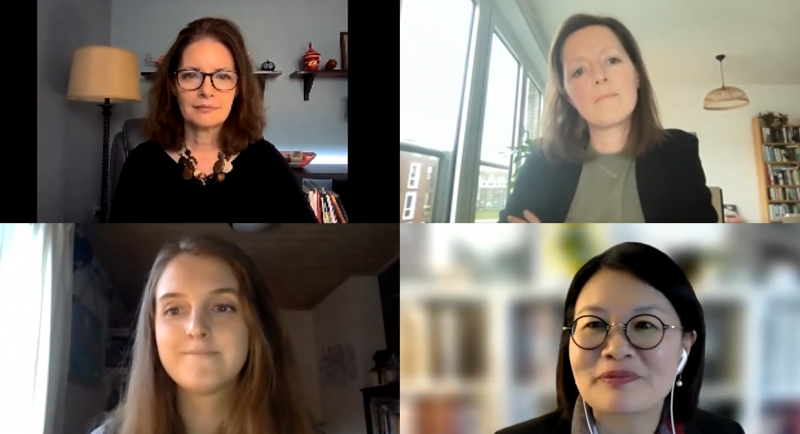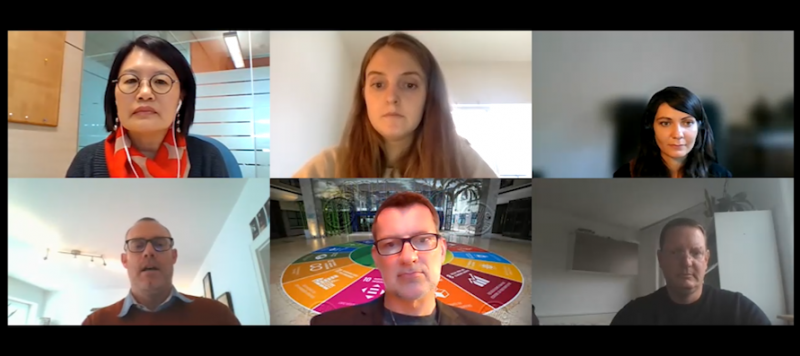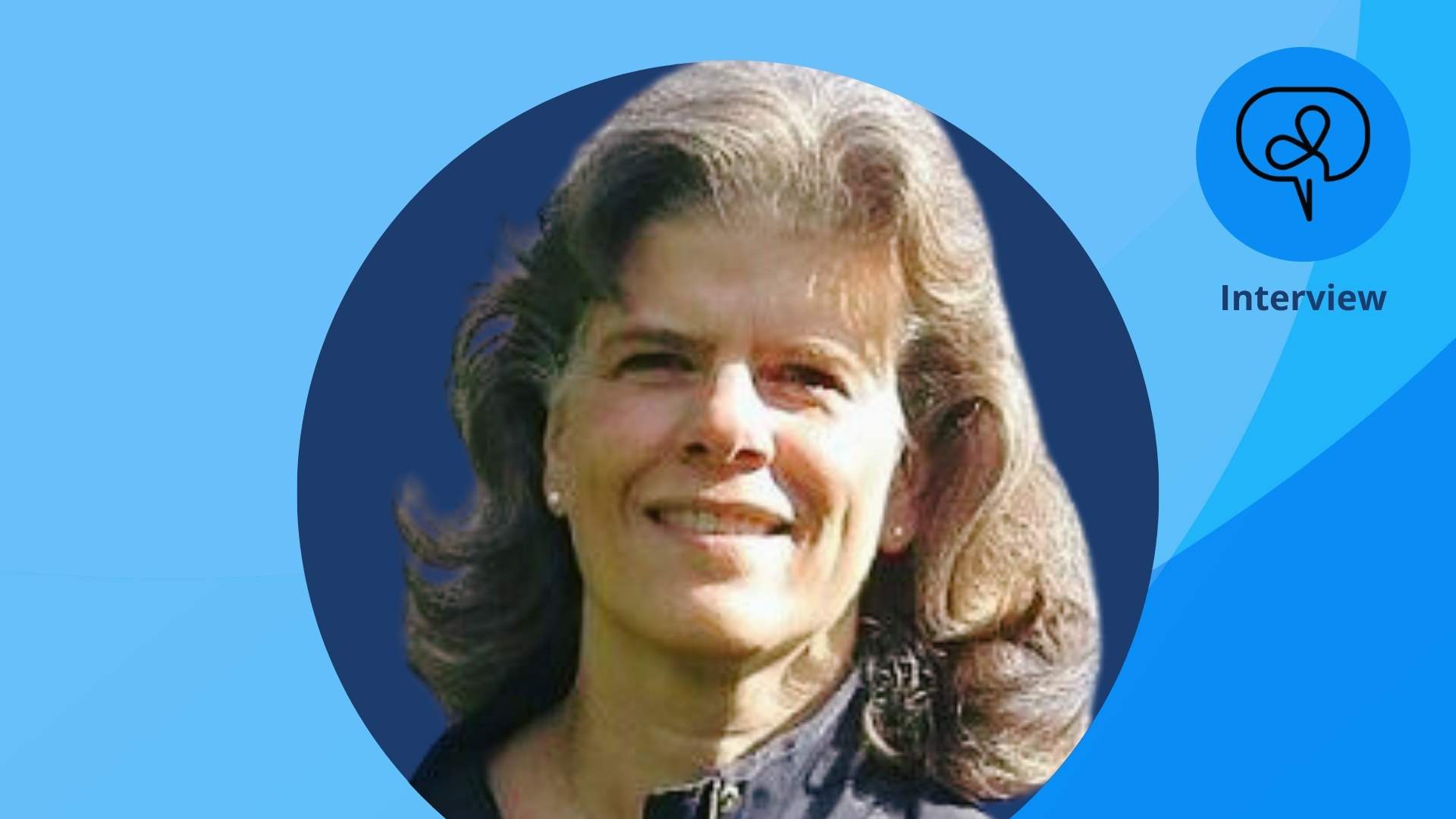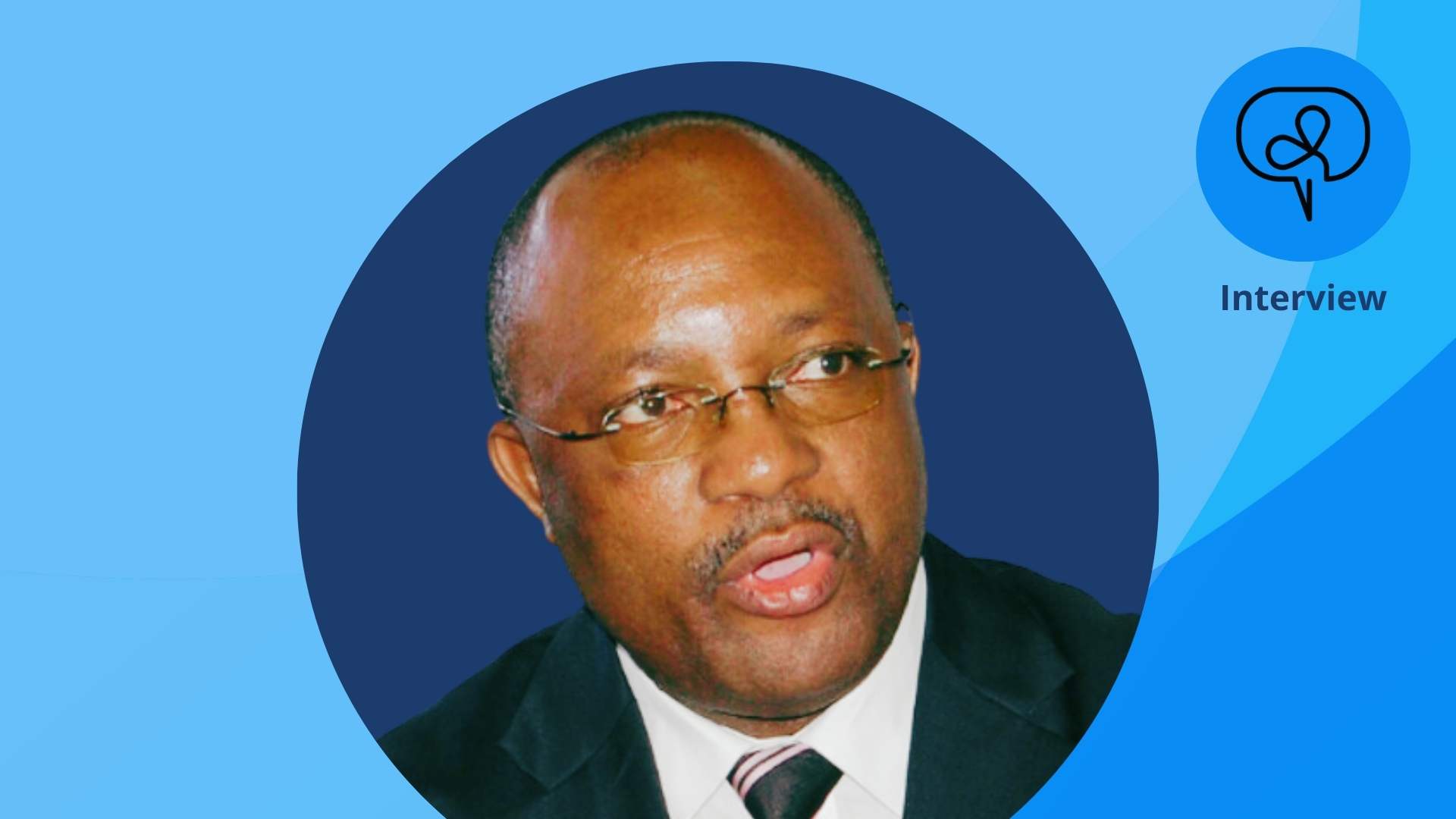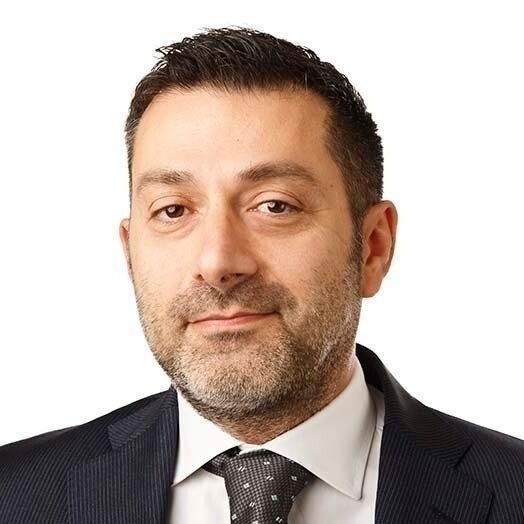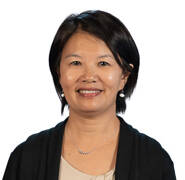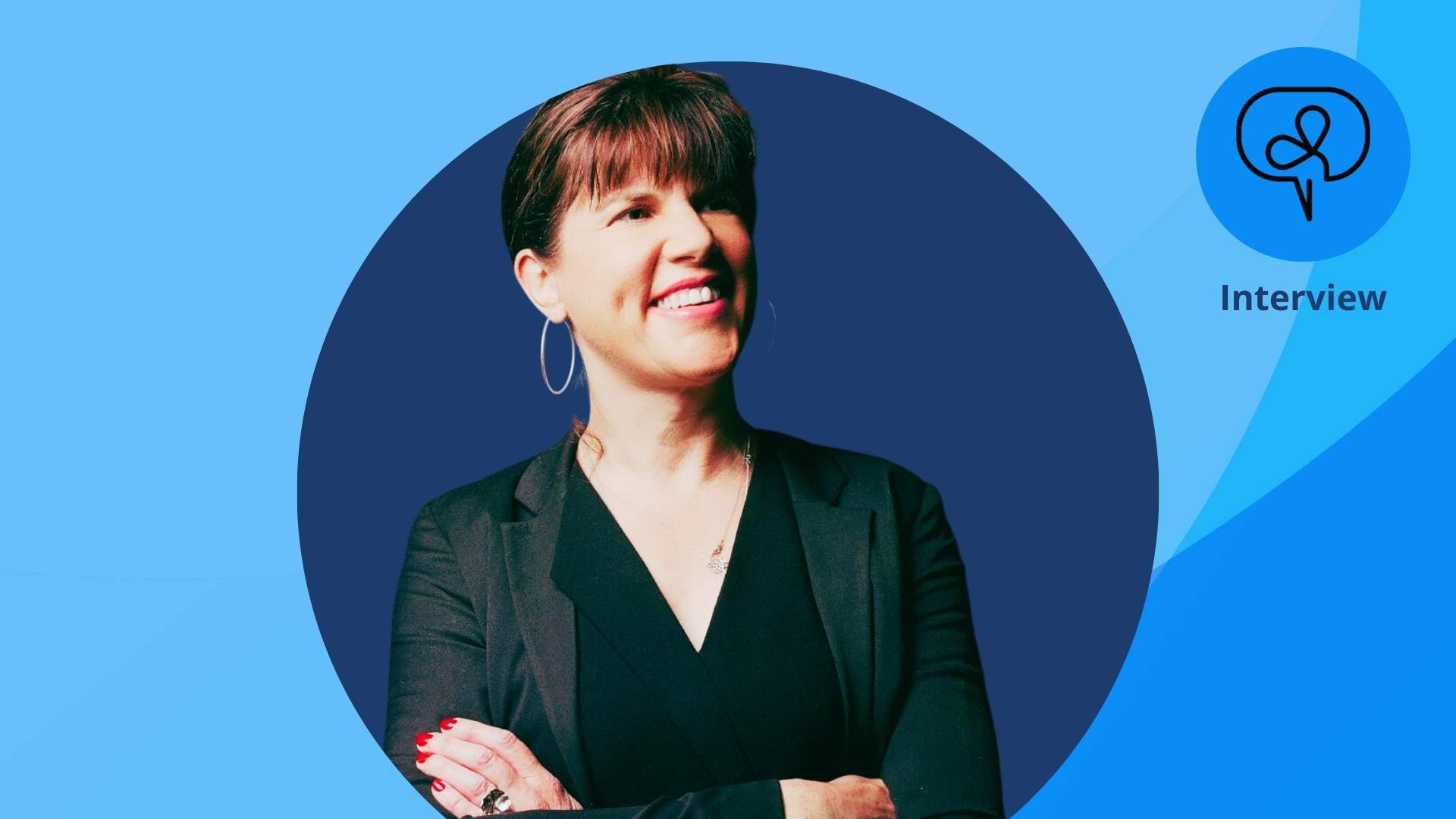
Meet our close partner Claire Melamed, CEO of the Global Partnership for Sustainable Development Data (GPSDD)
Claire sees a real opportunity this year to make a breakthrough, for governments and public and private organizations to produce and use data in a systematic and institutionalized way that can power progress at scale towards 2030.
Listen to our podcast with Claire in IFAD's Farms. Food. Future.
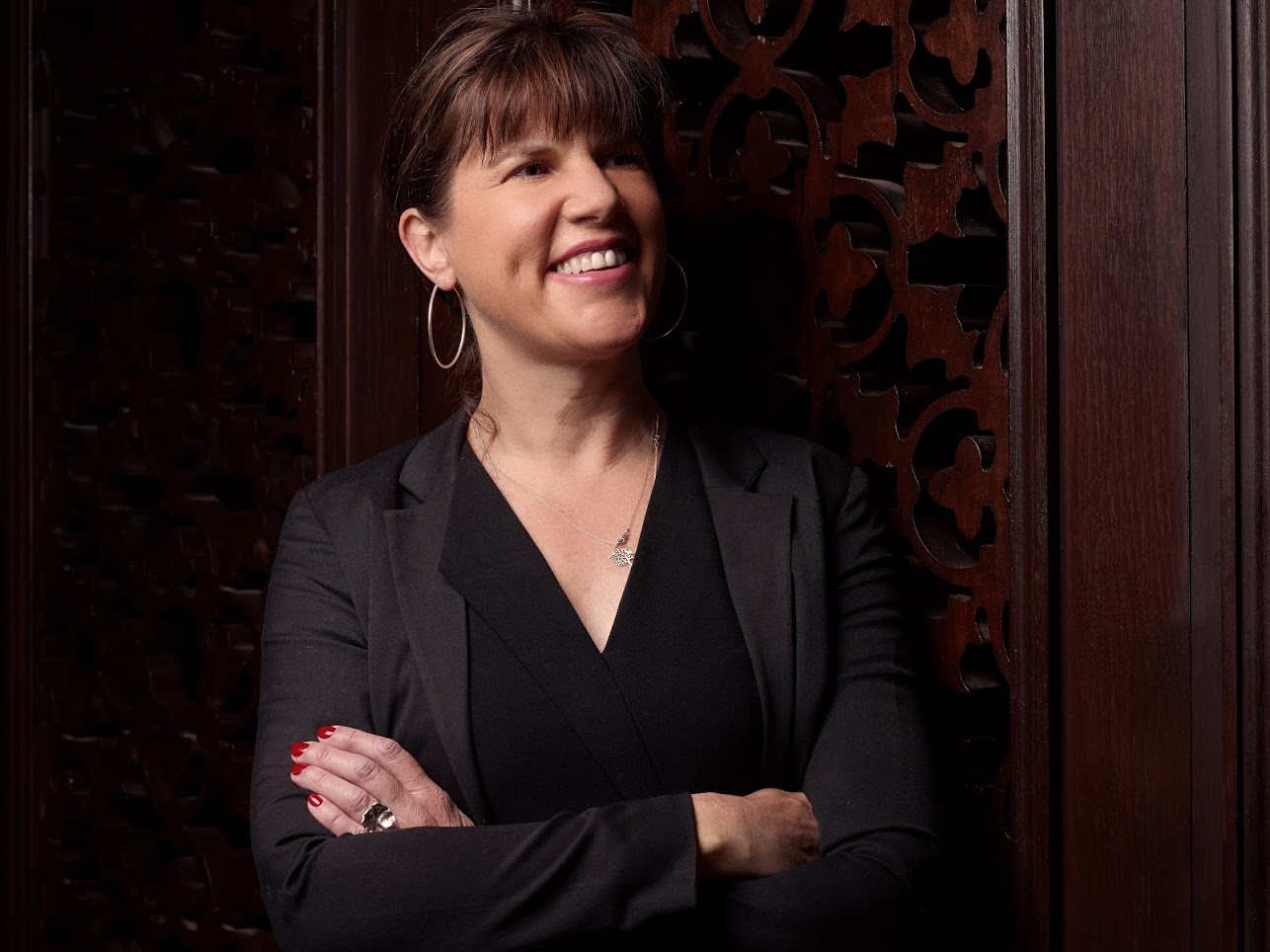
Claire Melamed
Chief Executive Officer
Global Partnership for Sustainable Development Data (GPSDD)
Hear more from our data headliners
Secretariat/Michelle Tang: The past 10 years have often been referred to as a data quantum leap for agriculture and food systems. What does this mean for the donor community and why is good data an important piece of the puzzle to transforming food systems, especially in times of multiple global crisis?
Claire Melamed: If you were speaking to a farmer or policymaker fifty years ago, they would not have believed it possible to get real time prices at national levels, or a picture of soil quality at phenomenal resolution taken by satellites passing overhead hourly, or to predict the weather by tracking changes in water courses. It’s worthwhile to reflect on the huge improvements over the past 10-20 years and the opportunities it presents.
With increased power comes responsibility, from consumers or producers of data, regulators, and owners of the data technology. We need to make these opportunities accessible to those who need them. We must invest in creating whole data systems that allow governments to put together data to support farmers.
Michelle: A plethora of data initiatives have been developed and not always in sync with one another. We also are not quite on track in reaching Agenda 2030 goals. How can synergies be found amongst these different initiatives to minimize overlap and redundancies?
Claire: It is natural and right there are many initiatives as they align with different interests, areas of expertise and problems. But it is challenging for policymakers to put together the information they need. We need to encourage donors to adopt a flexible, long-term view and see data as an investment in systems rather than one-off projects and products.
An example from Kenya illustrates this approach. When the pandemic hit, public and private sector stakeholders came together to collect data quickly. These were put into a real time dashboard that enabled the government to update guidelines on food availability and pricing. The public had accurate information to distribute food relief and support was provided across the value chain.
Claire Melamed | Global Partnership for Sustainable Development Data (GPSDD). This video is a recording from the interview, conducted by the Secretariat of the Global Donor Platform for Rural Development in February 2023.
We need to encourage donors to adopt a flexible, long-term view and see data as an investment in systems rather than one-off projects and products.
Michelle: What are the challenges in the accessibility and availability of accurate, timely and usable data at the country level, a key element for donors when making policy and funding decisions?
Claire: Colleagues in national statistics offices would say capacity and skills. Each new data source requires a new set of technical skills beyond statistics, including data science and earth observations, legal skills to develop data management, and data visualization and communication skills.
Another challenge is going beyond the excitement and getting leaders to see it as their responsibility to make decisions based on evidence and data. Our board member, the Vice President of Ghana, says a government is serious about data when they invest in data that tells them things they don't want to know.
Michelle: In 2014, you led the Independent Expert Advisory Group on the Data Revolution at the UN Office of the Secretary General, to write the landmark report “A World That Counts.” In terms of the recommendations on “Leadership for coordination and mobilization”, where do we stand now, and where do we go from here? Why should the donor community pay even more attention to this now?
Claire: We are doing quite well in a number of recommendations. The World Data Forum is now a fixture in the international data calendar. The Global Partnership for Sustainable Development Data, the organization I lead, was another recommendation and we are now a network of over 700 organizations with more than 100 partnerships.
As this community has grown and learned from each other and solved problems together, we have seen amazing advances in the use of new data sources and technology. It has been encouraging to see the will and excitement of many governments in adopting these opportunities.
The Government of Senegal was an early member of the partnership. We've worked on using satellite imagery to distribute climate resistant crops and understand where needs are greatest for new seed varieties in face of a changing climate.
It doesn't make statistics any less important. It just brings new power to old methods when you can combine them with new sources. Governments like Kenya, Ghana and Colombia are taking up these opportunities and using them for policymaking.
As to why the donor community should pay even more attention, the answer partly lies with governments embracing these technologies and seeing the benefits, and being able to show their citizens and other governments specific ways data can benefit across the board. But it is not only about these individual aggregate examples.
Our recent research produced an investment case on why donors should invest in data. F, the country can expect on average an economic rate of return of about US$32. An investment in a data system in Senegal to improve decisions about crops can also provide data useful to weather emergency response or resource allocation in the health sector. It's a hugely good investment in the long term that pays off again and again.
Michelle: From your standpoint as Chief Executive Officer of a global network that uses data to achieve the UN Sustainable Development Goals, what gives you hope in 2023?
Claire: What gives me hope are the people and the fact that we will always find a way, specifically on data. Data is increasingly seen as part of the infrastructure to achieve the SDGs and is rising to the top of the agenda in political forums like the G20. The onus is on all of us—governments, international organizations, donors—to work together and develop a concrete plan.
The donor community came together with some key organizations involved in data initiatives on 13 February 2023 in Rome to take stock of current data initiatives on agriculture and food security, and to assess where we stand. Expert insights were presented, with engaging discussions around how to work better together to increase the use of data for decision-making and for greater impact.
The Global Partnership for Sustainable Development Data (GPSDD) jointly organized the event together with the European Commission, the International Fund for Agricultural Development (IFAD), and the Global Donor Platform for Rural Development (GDPRD). Read the web article.

